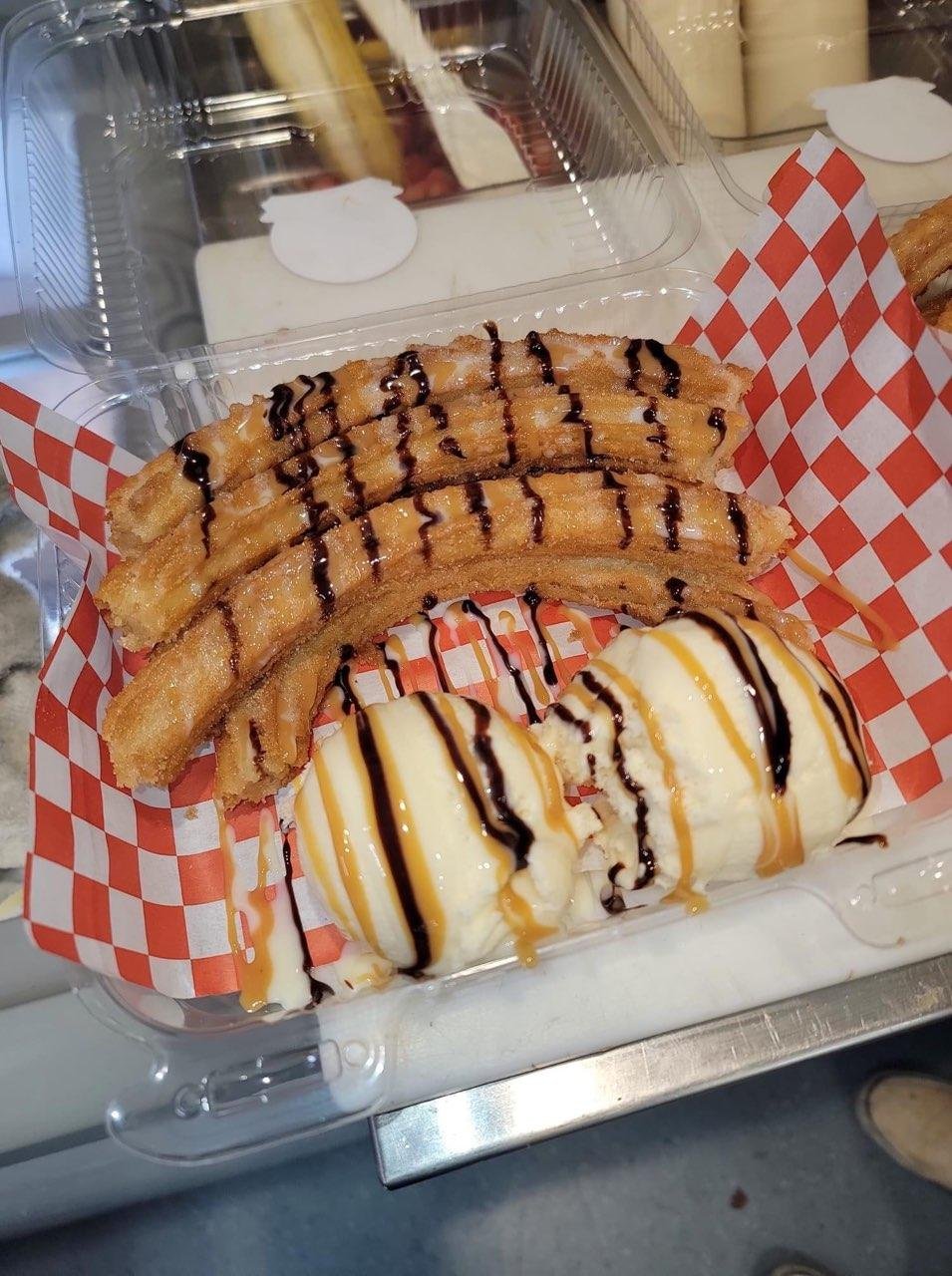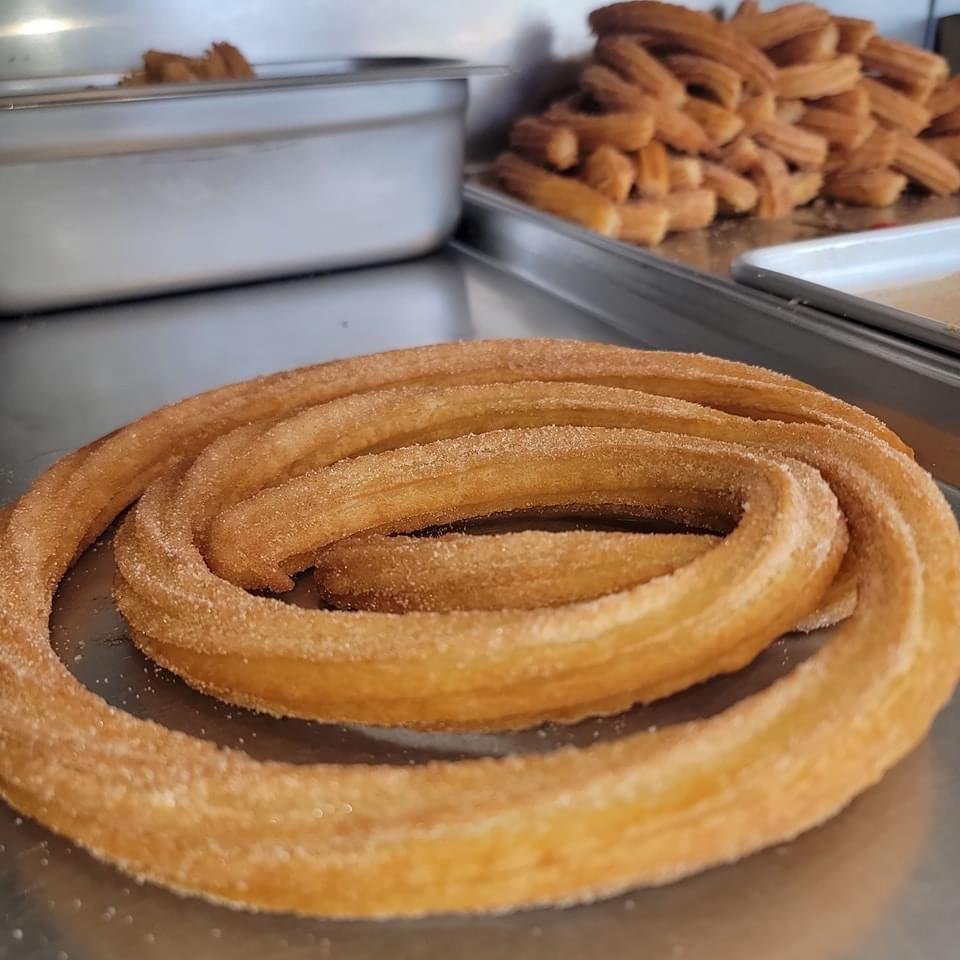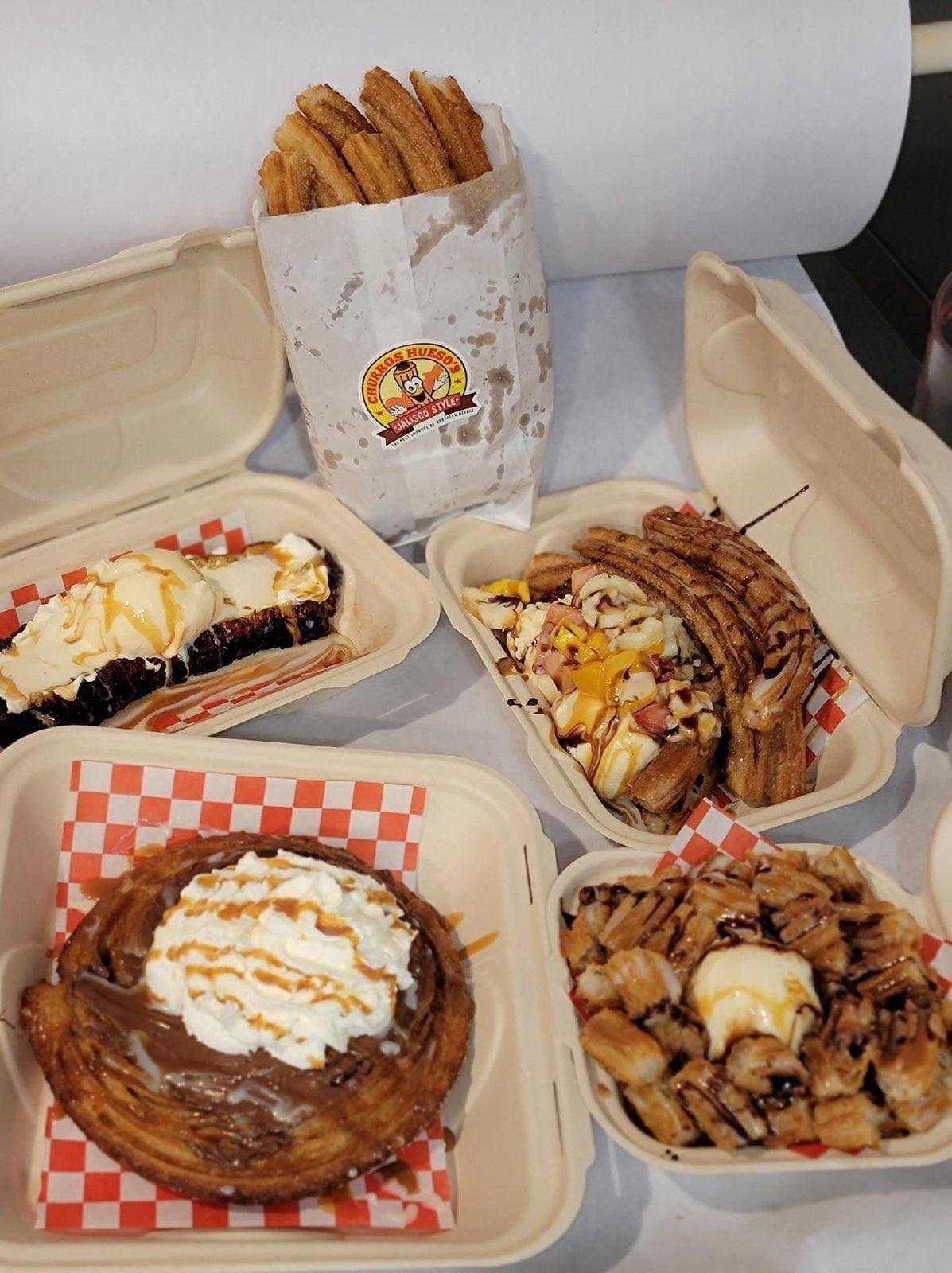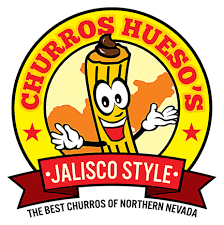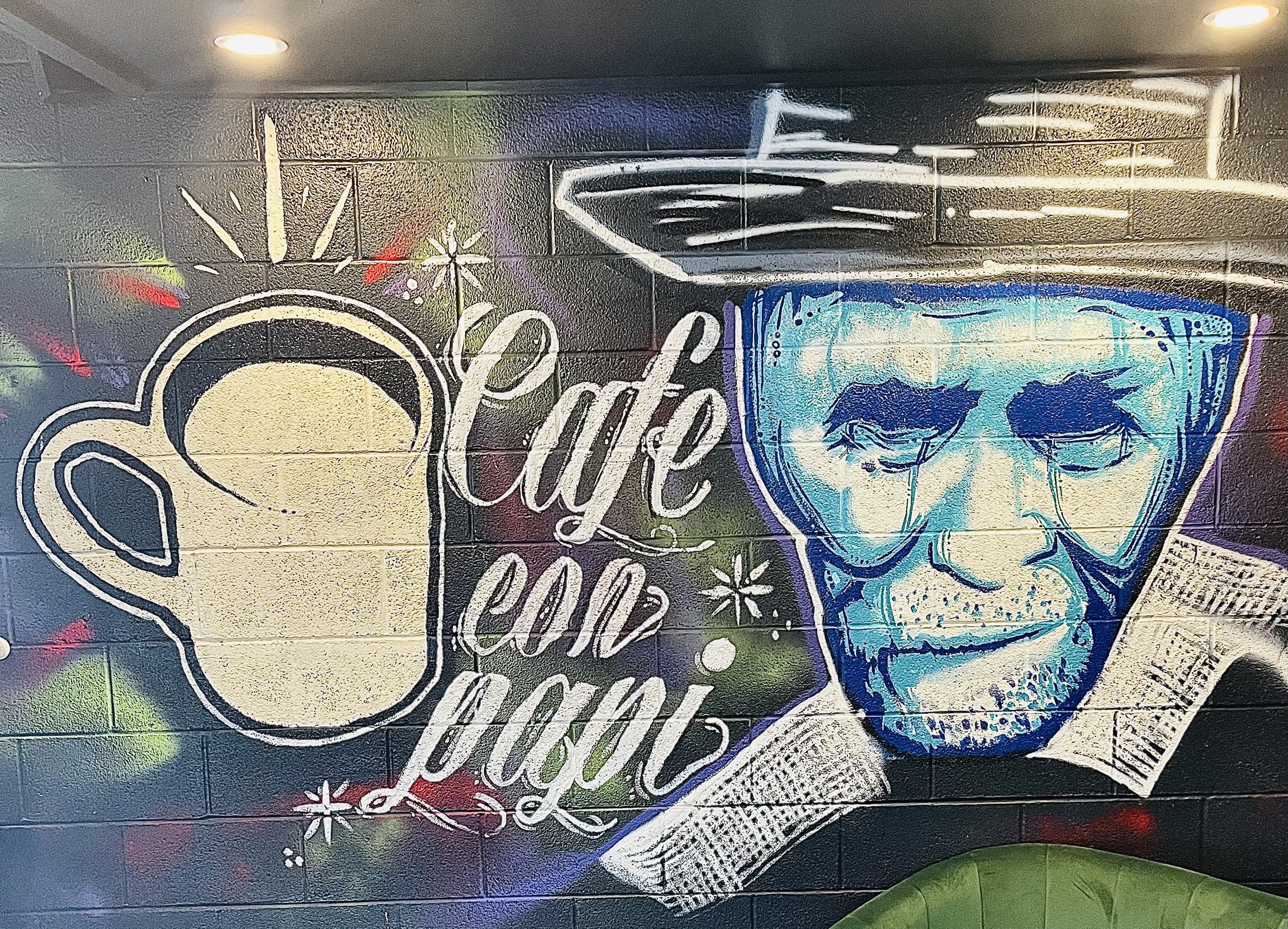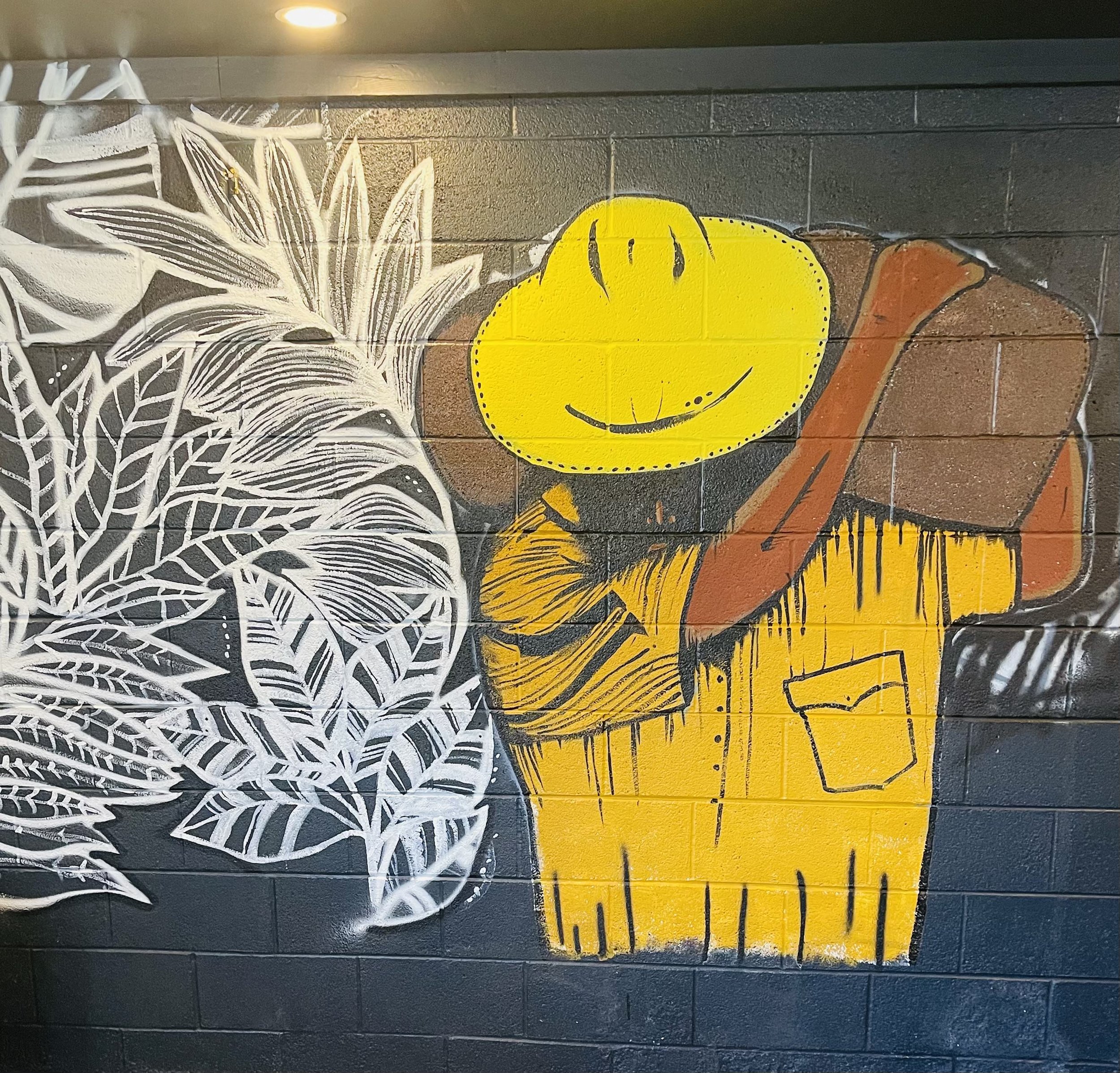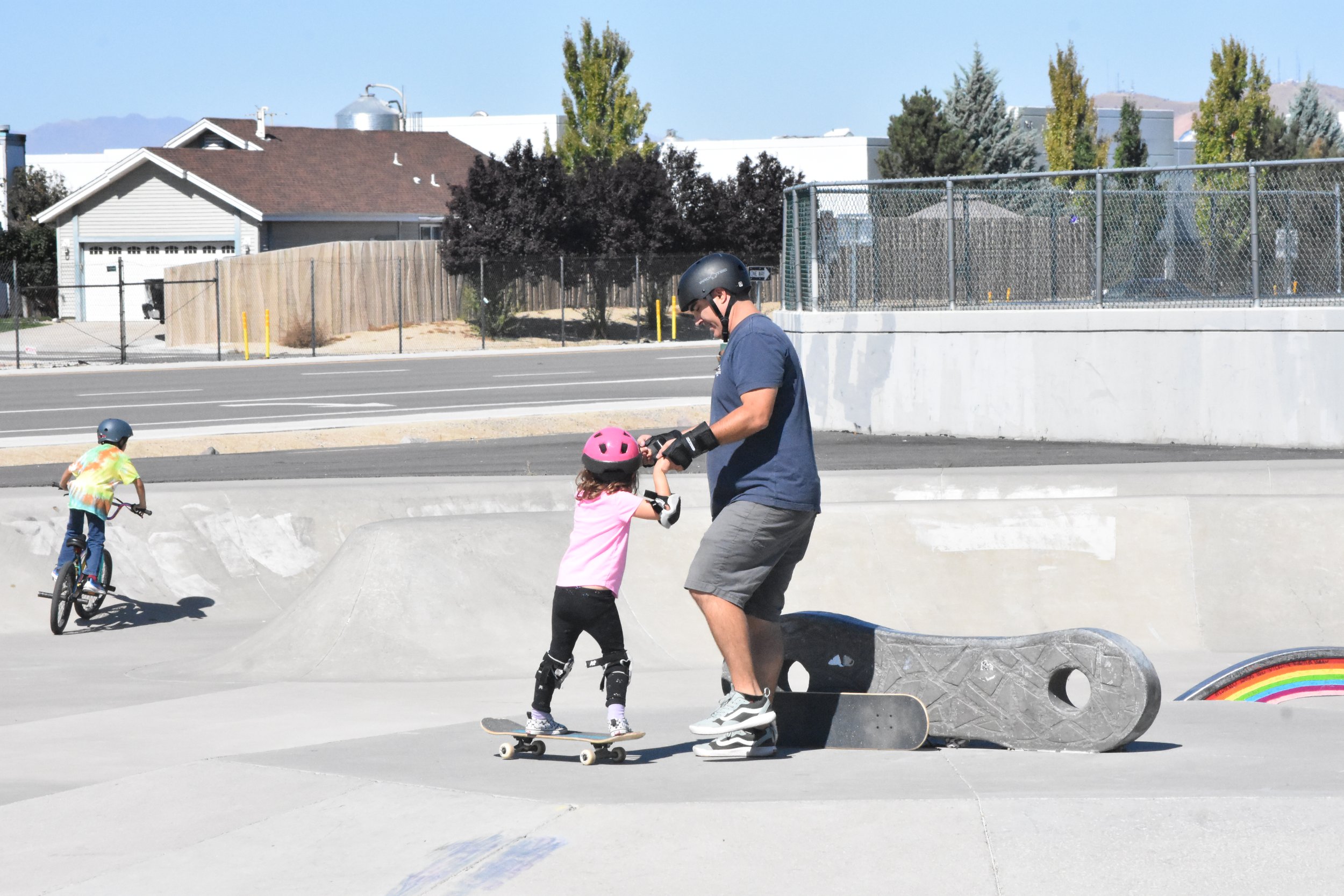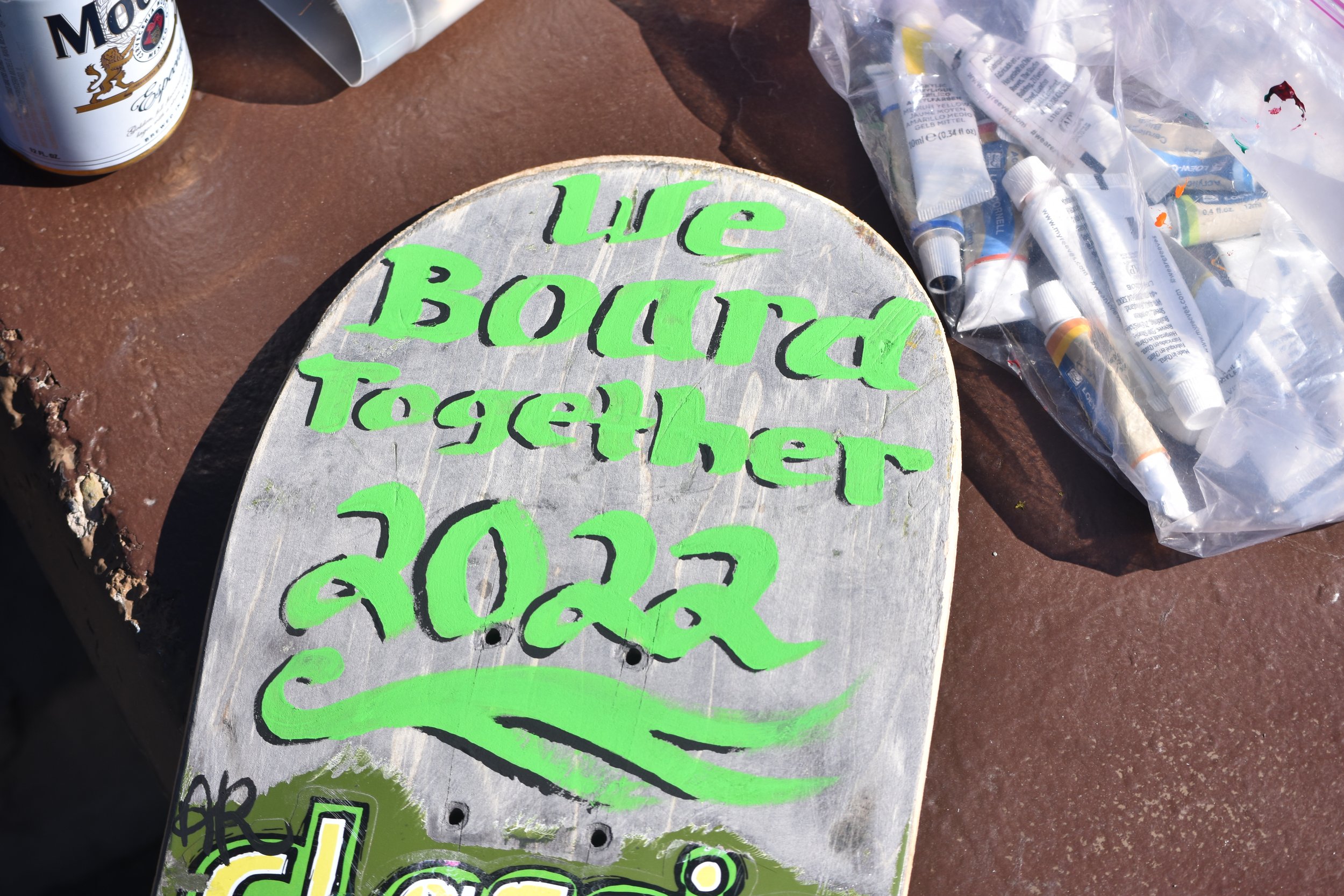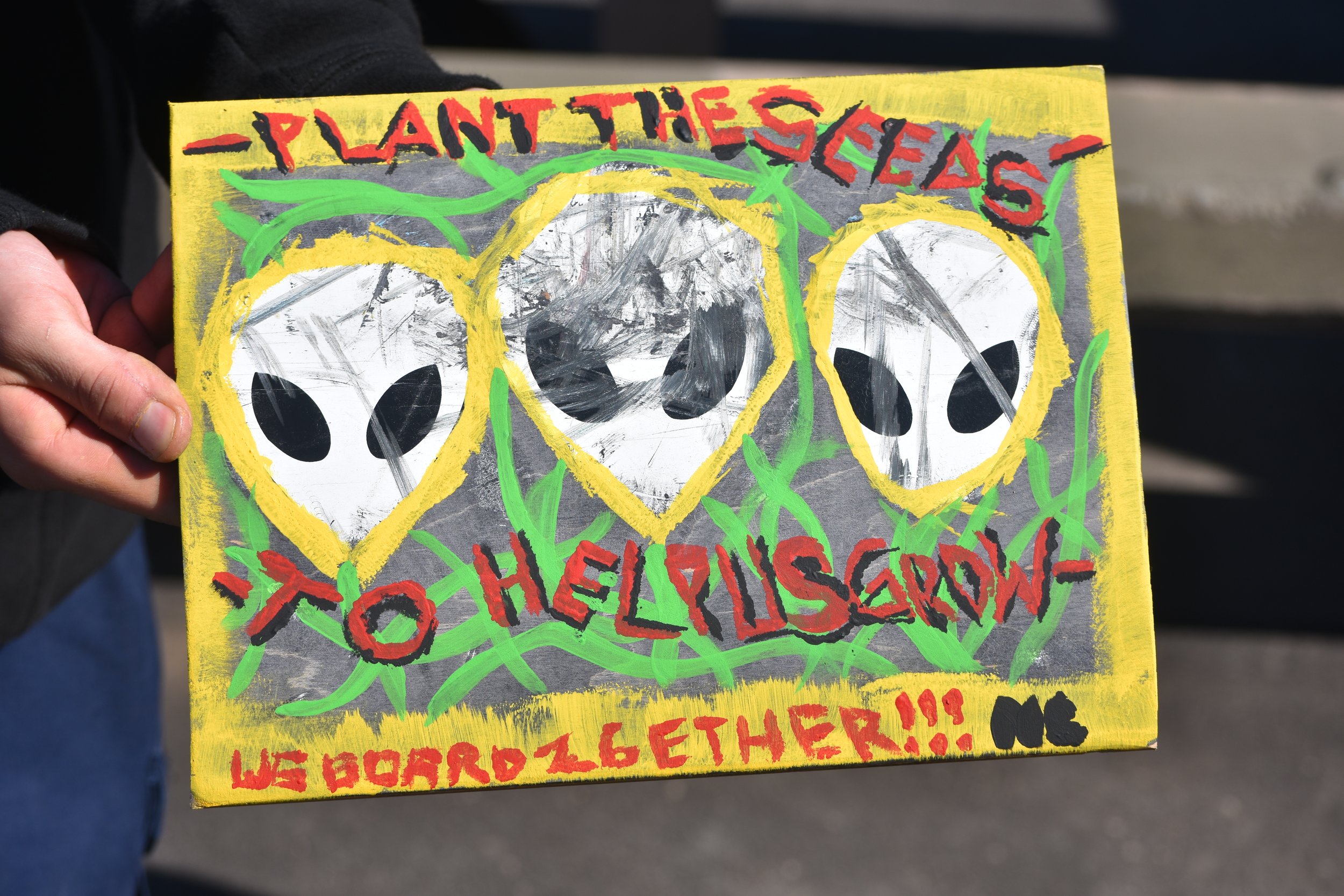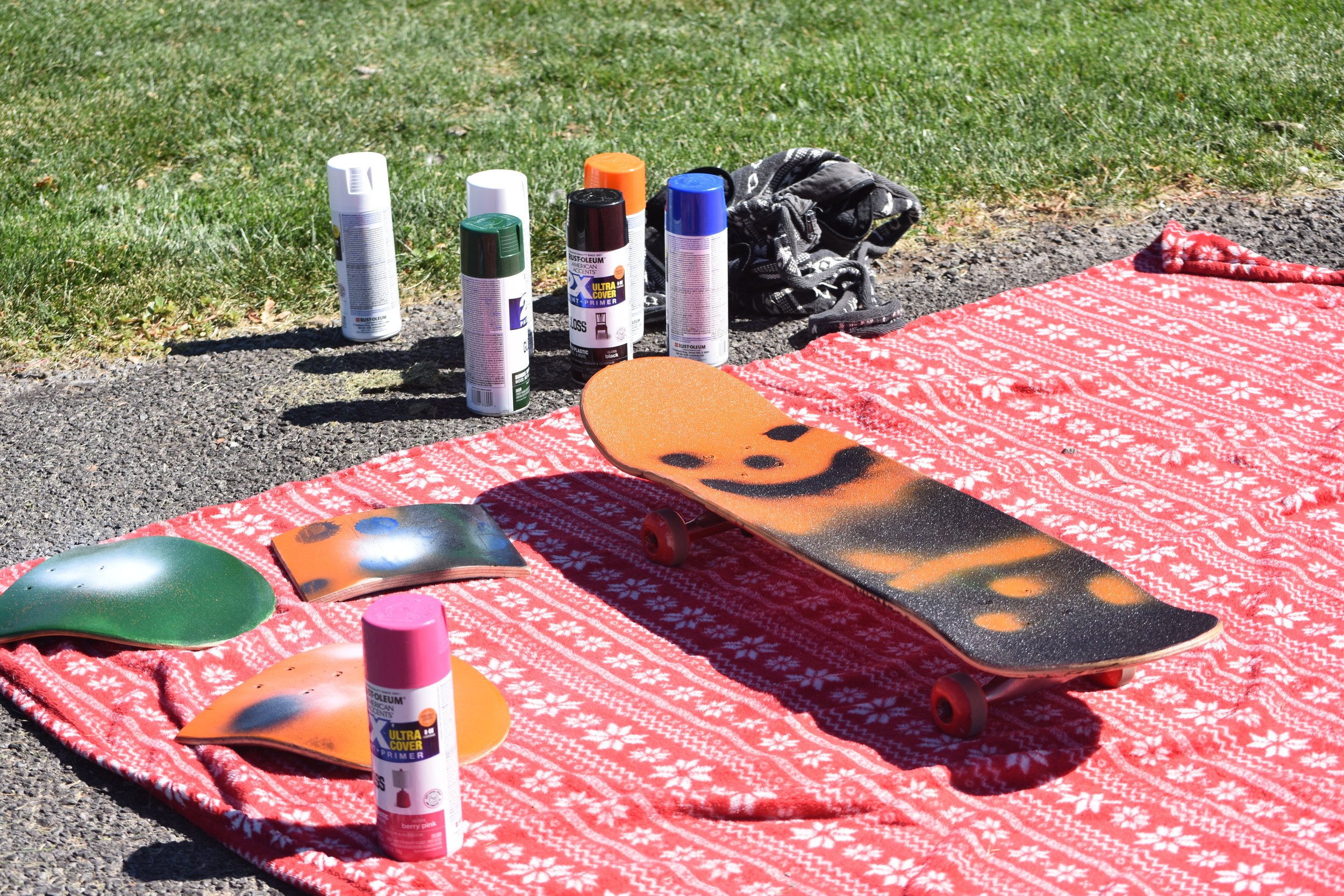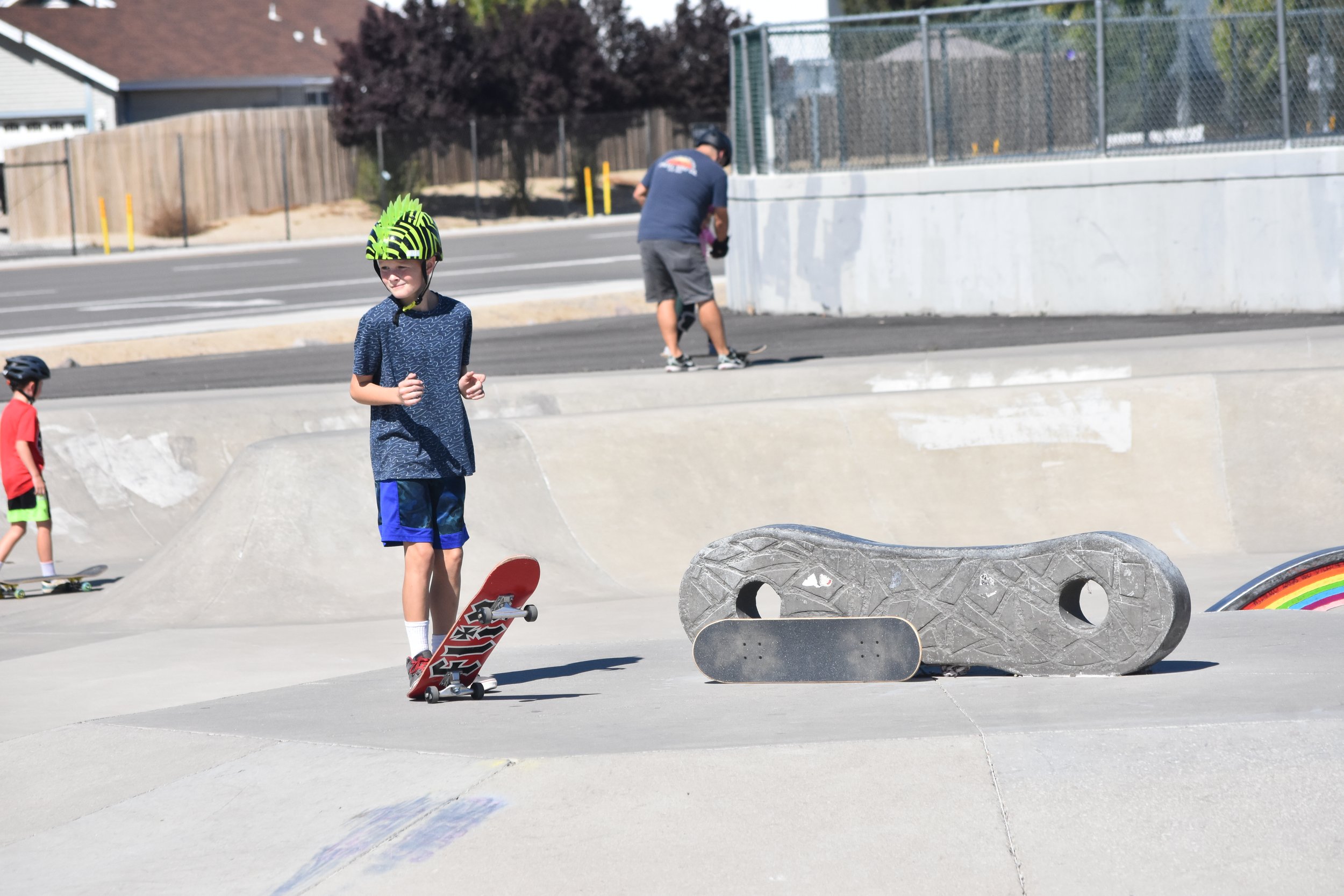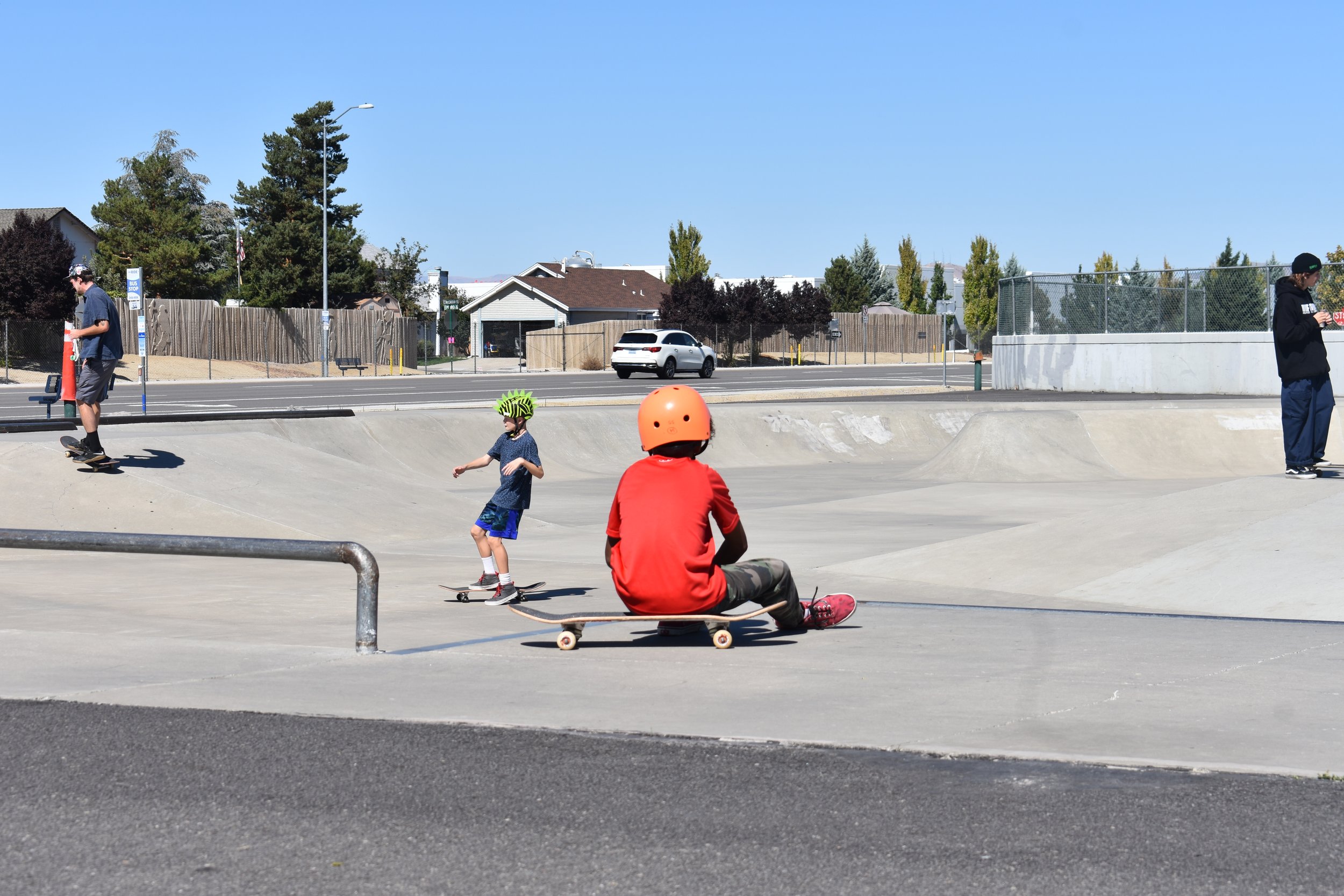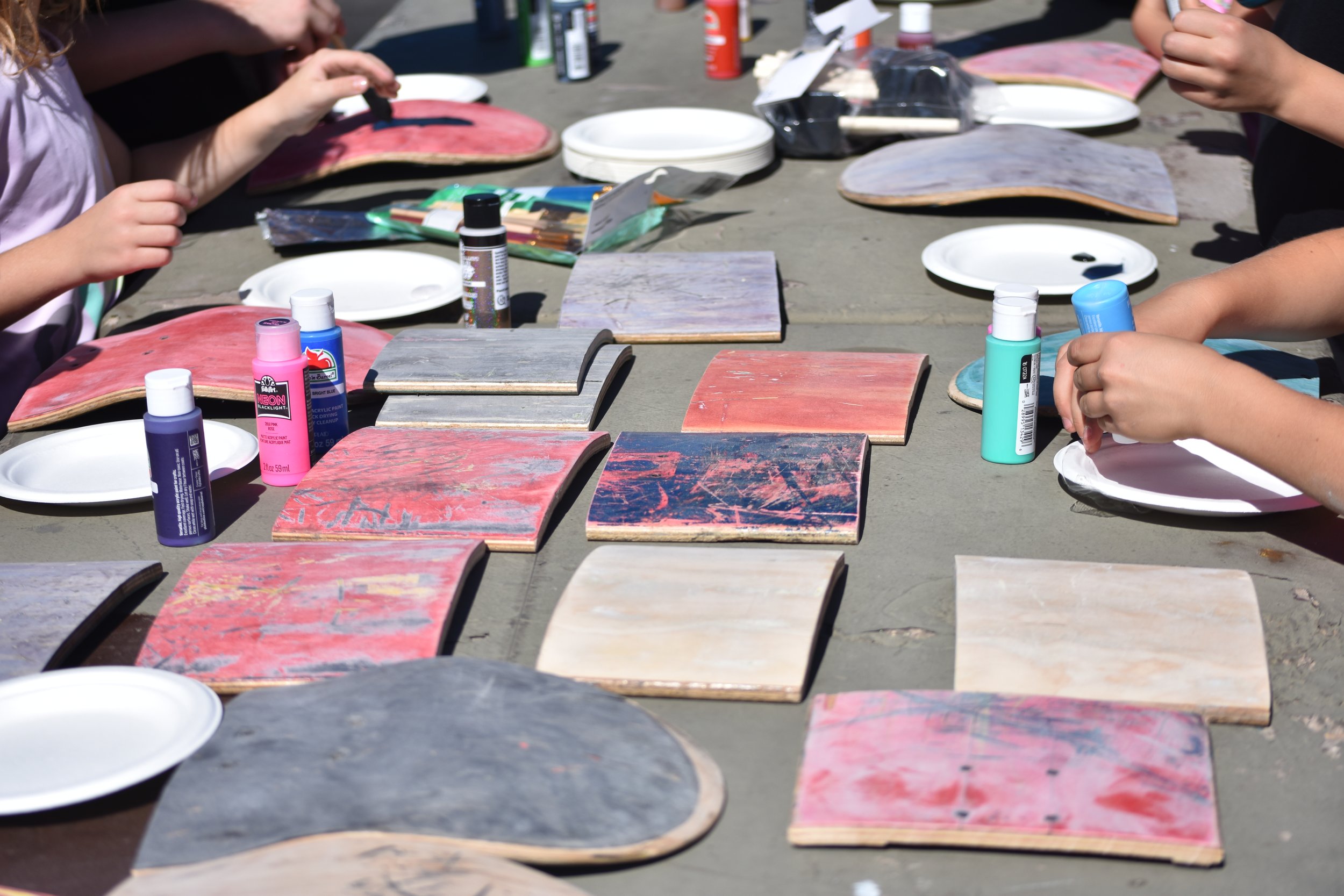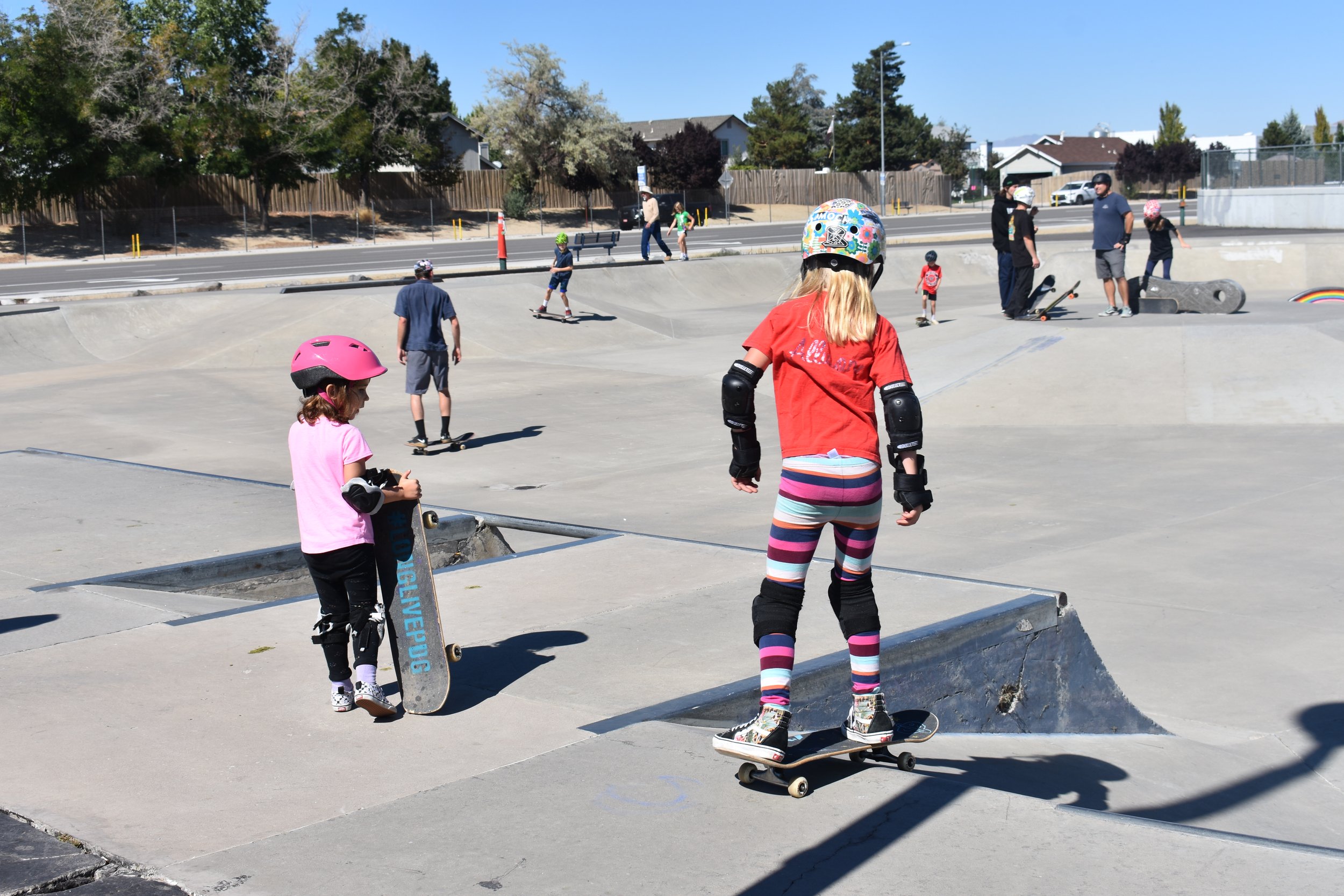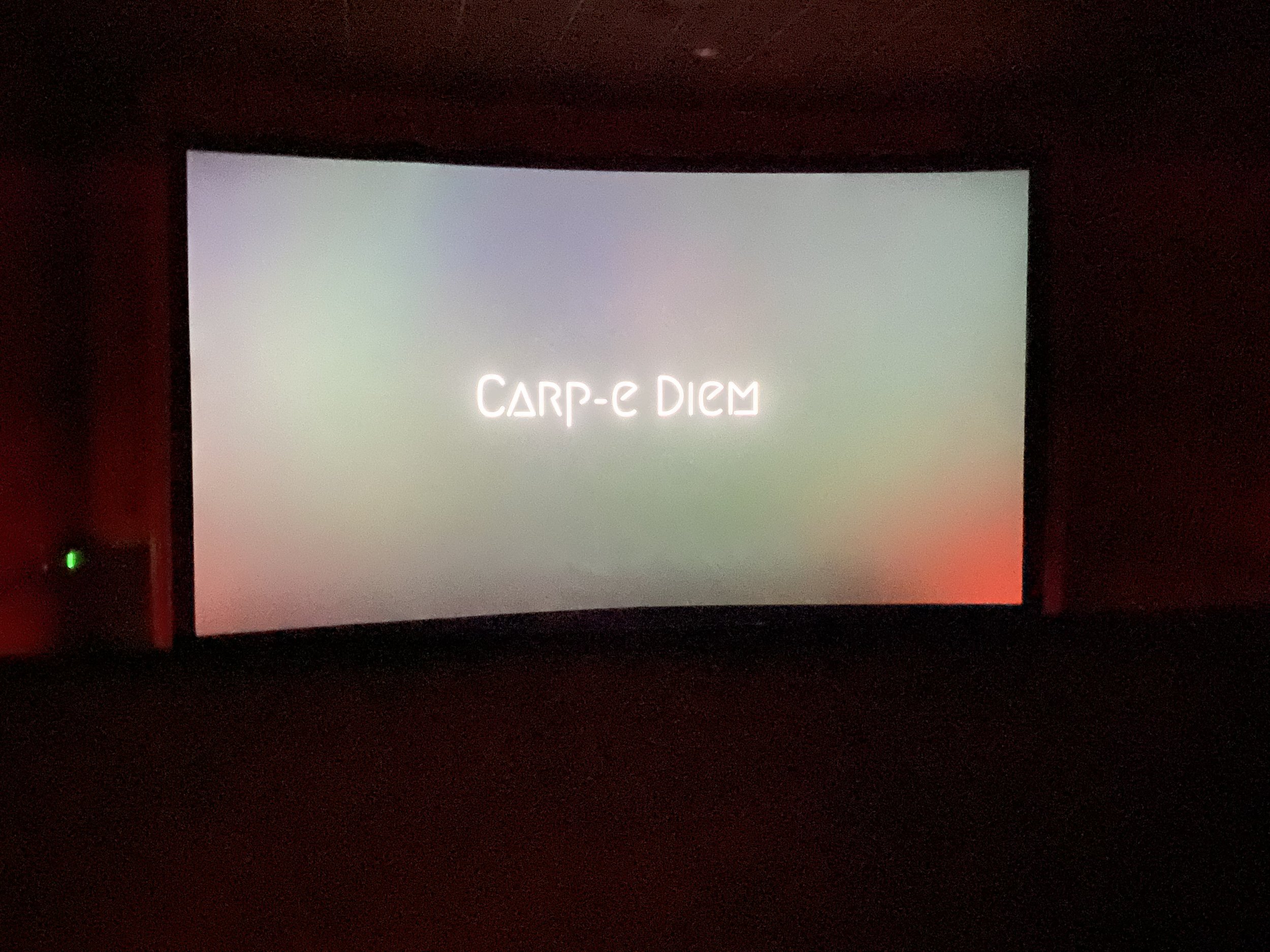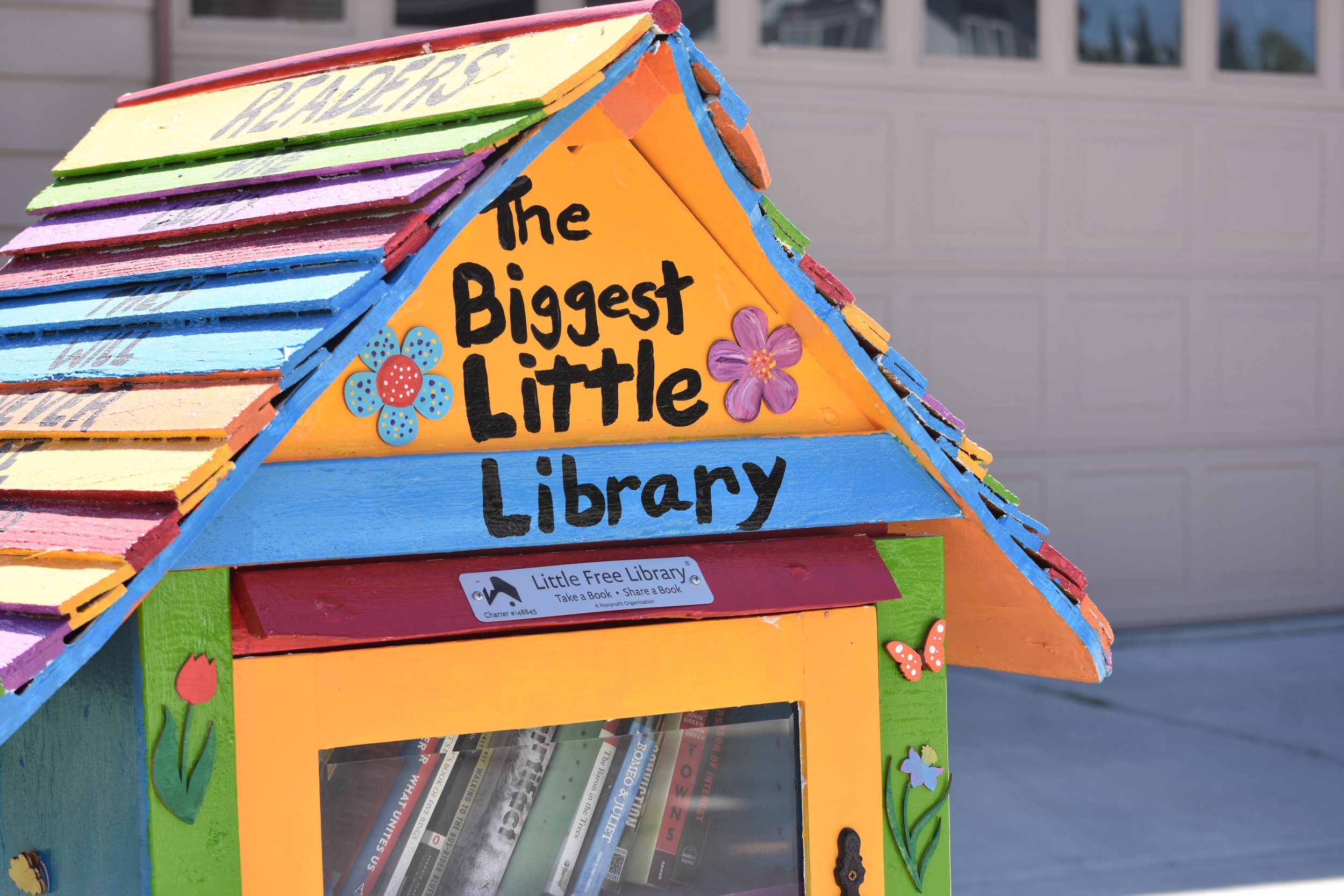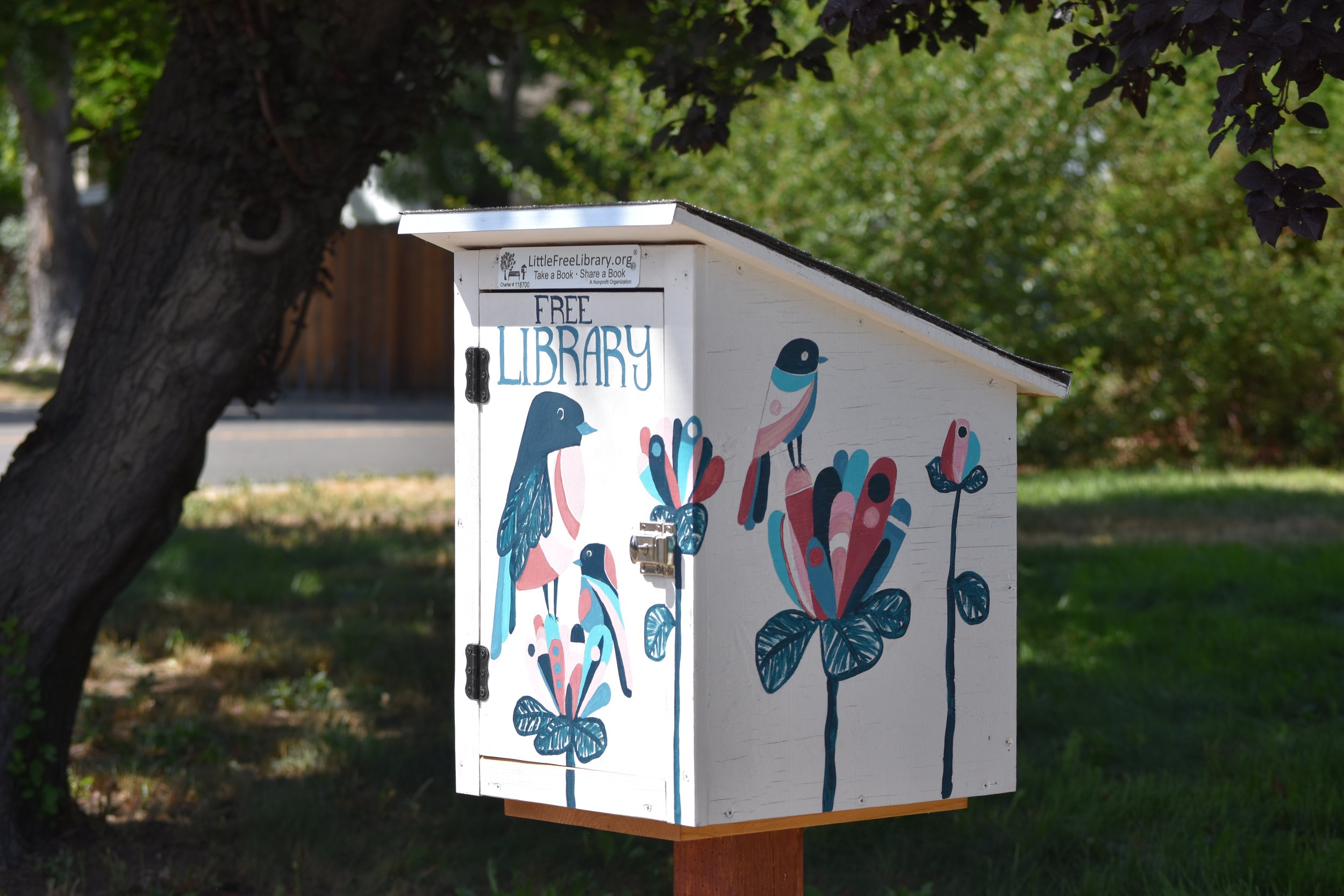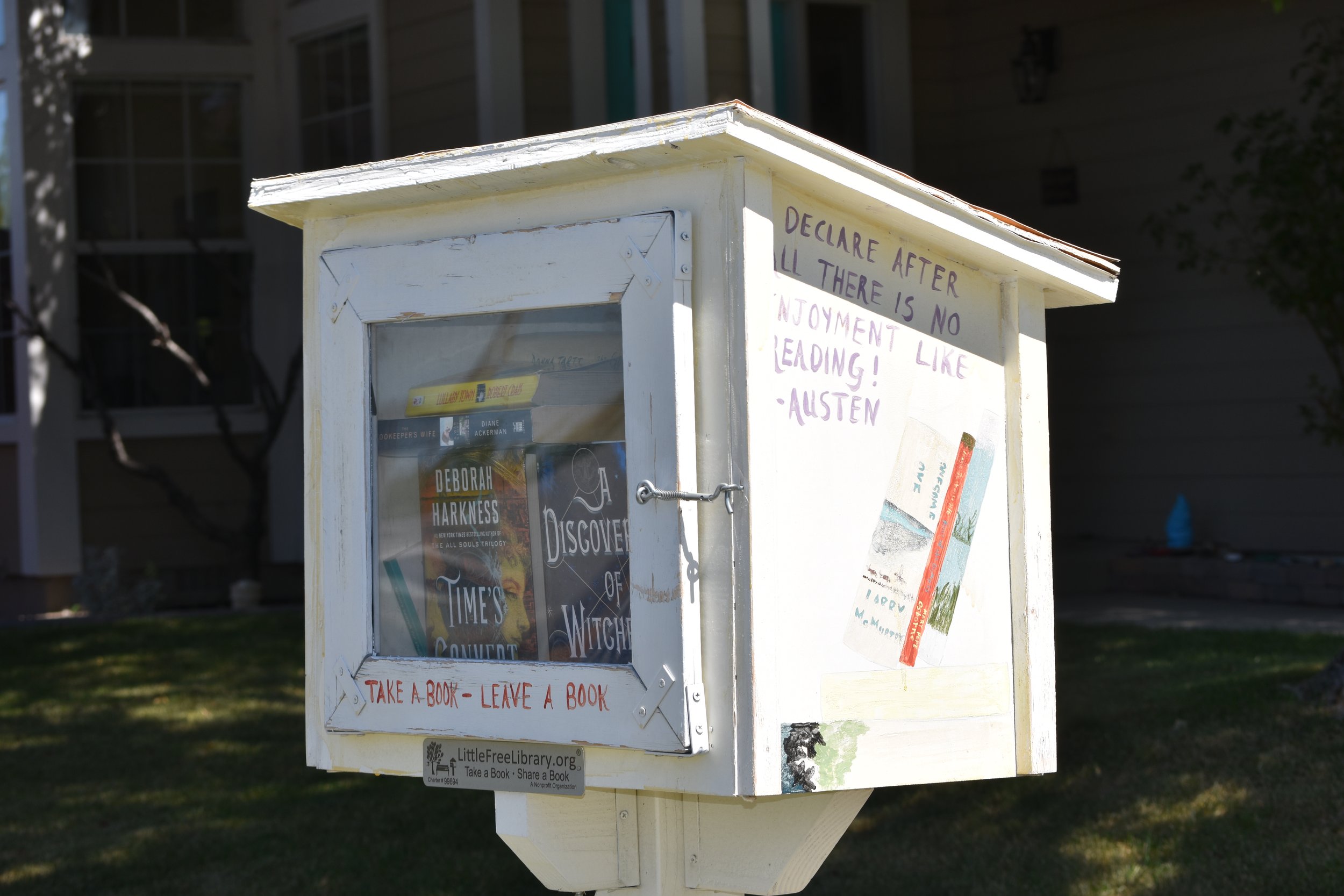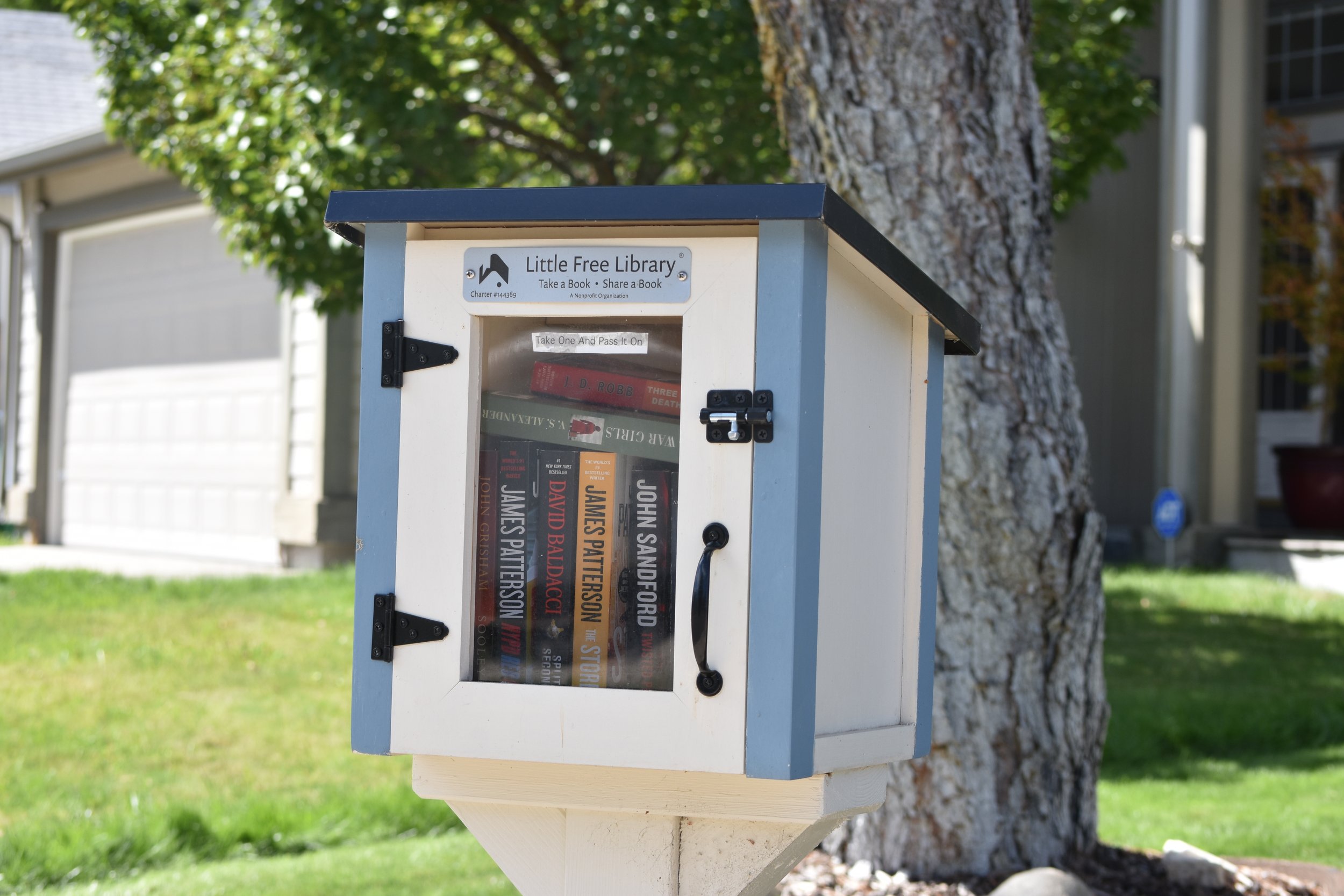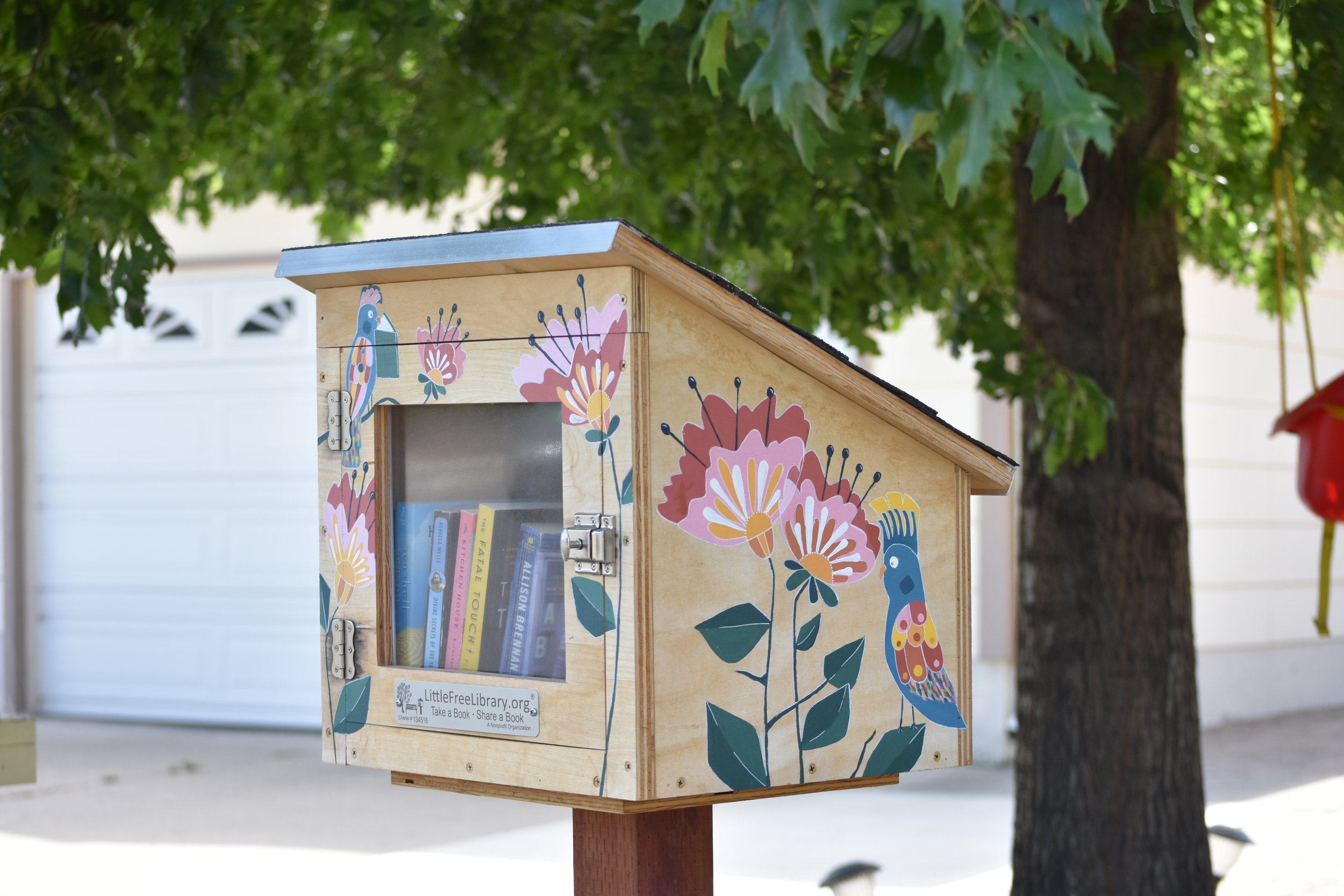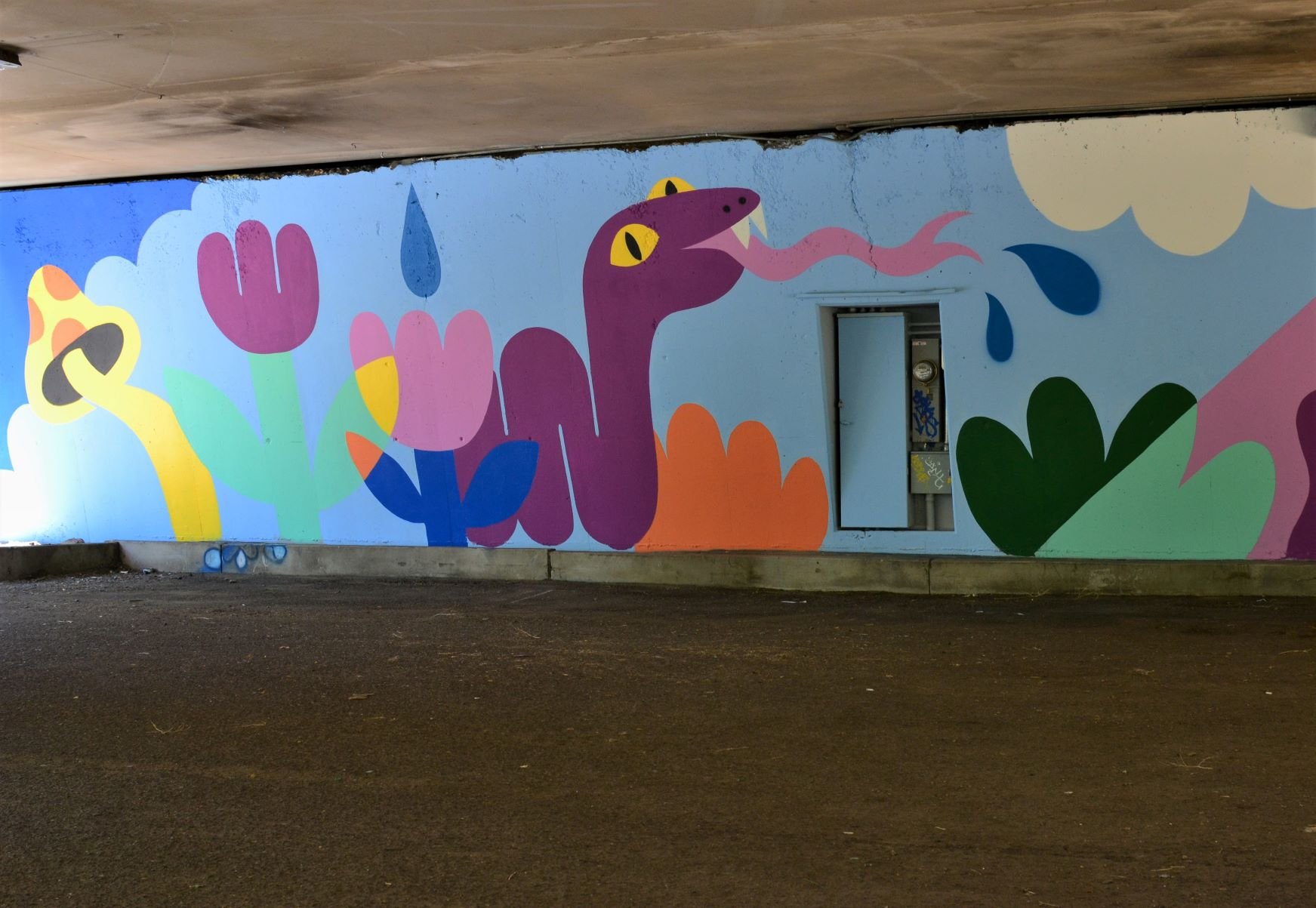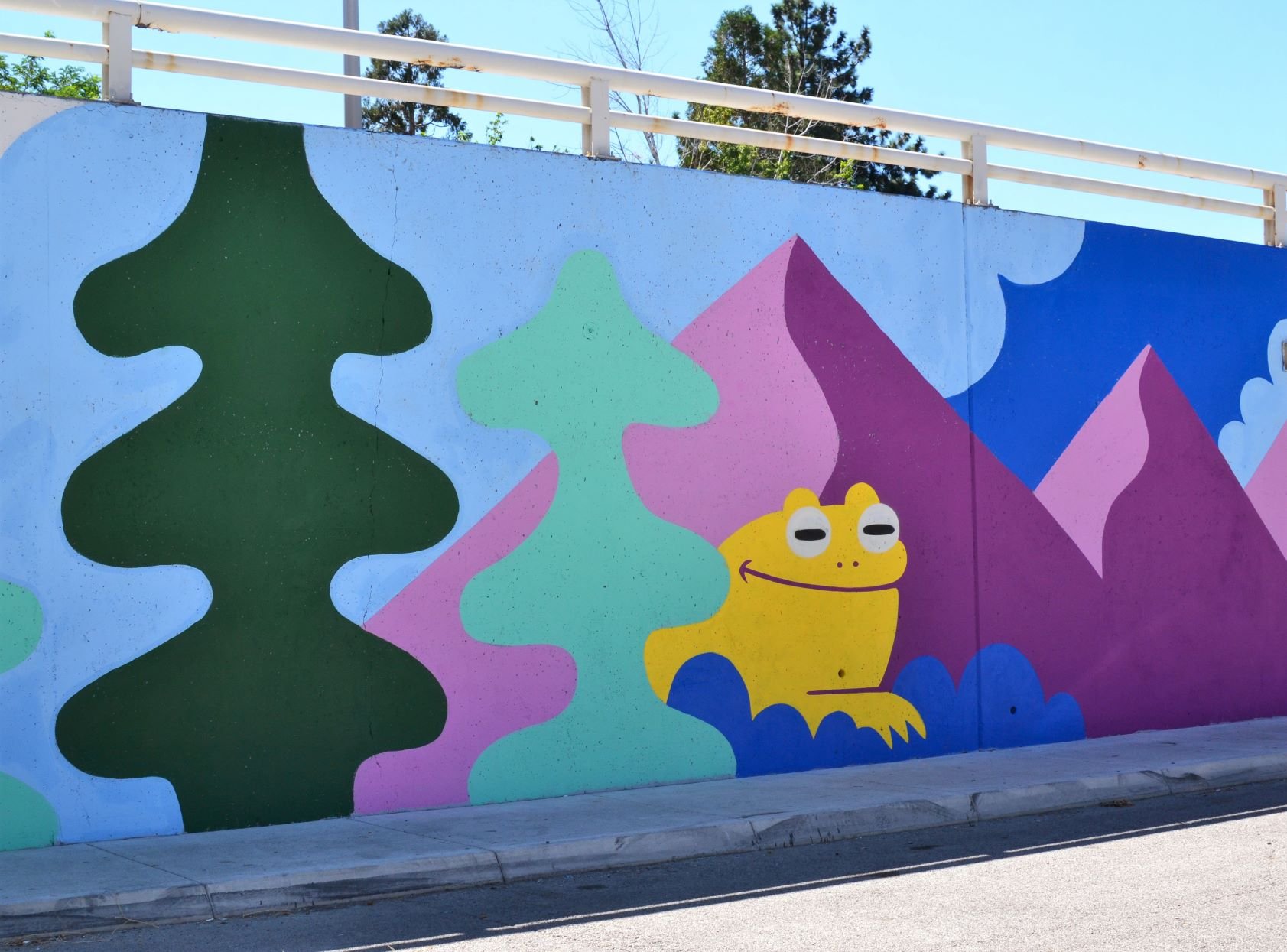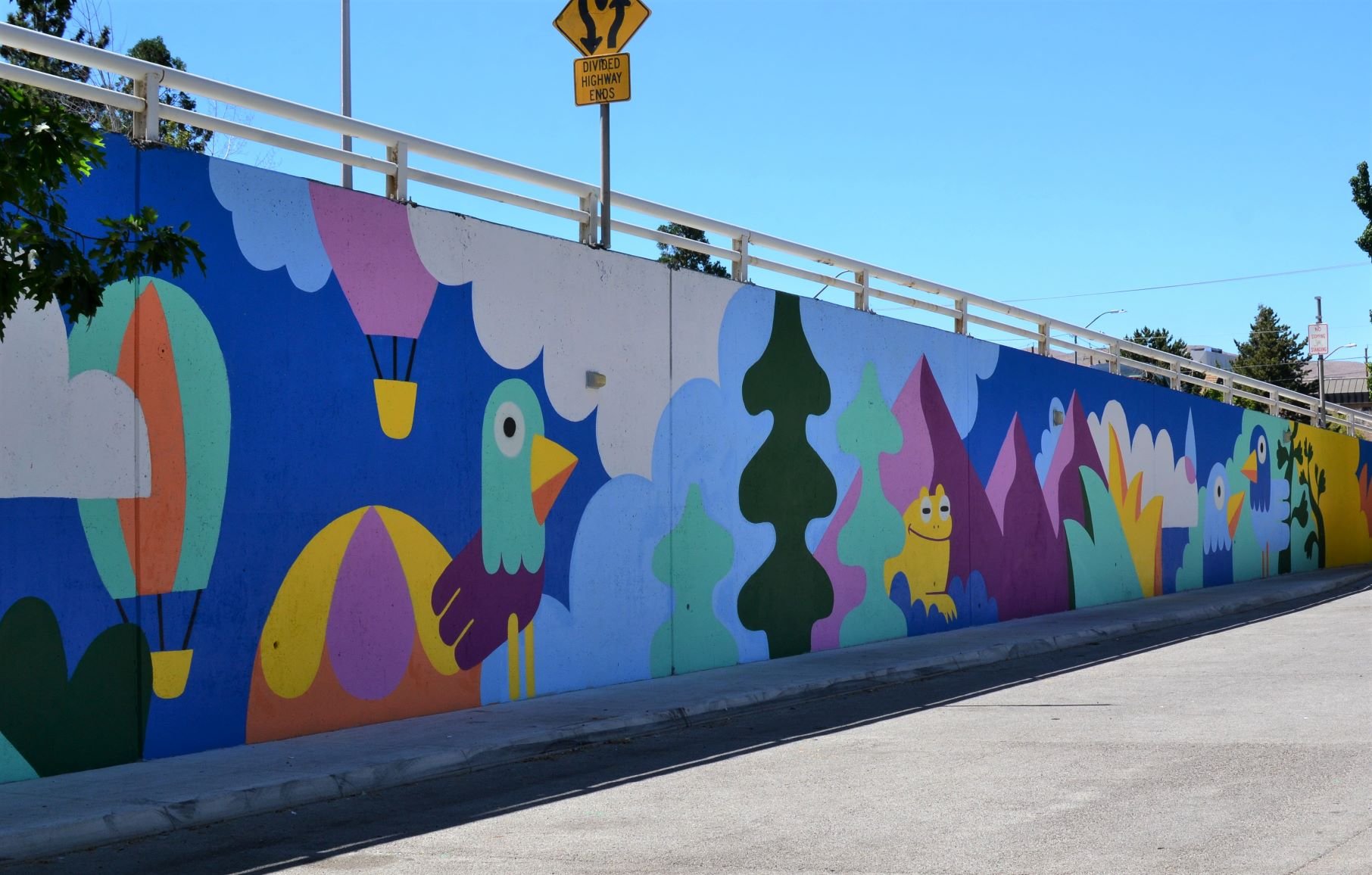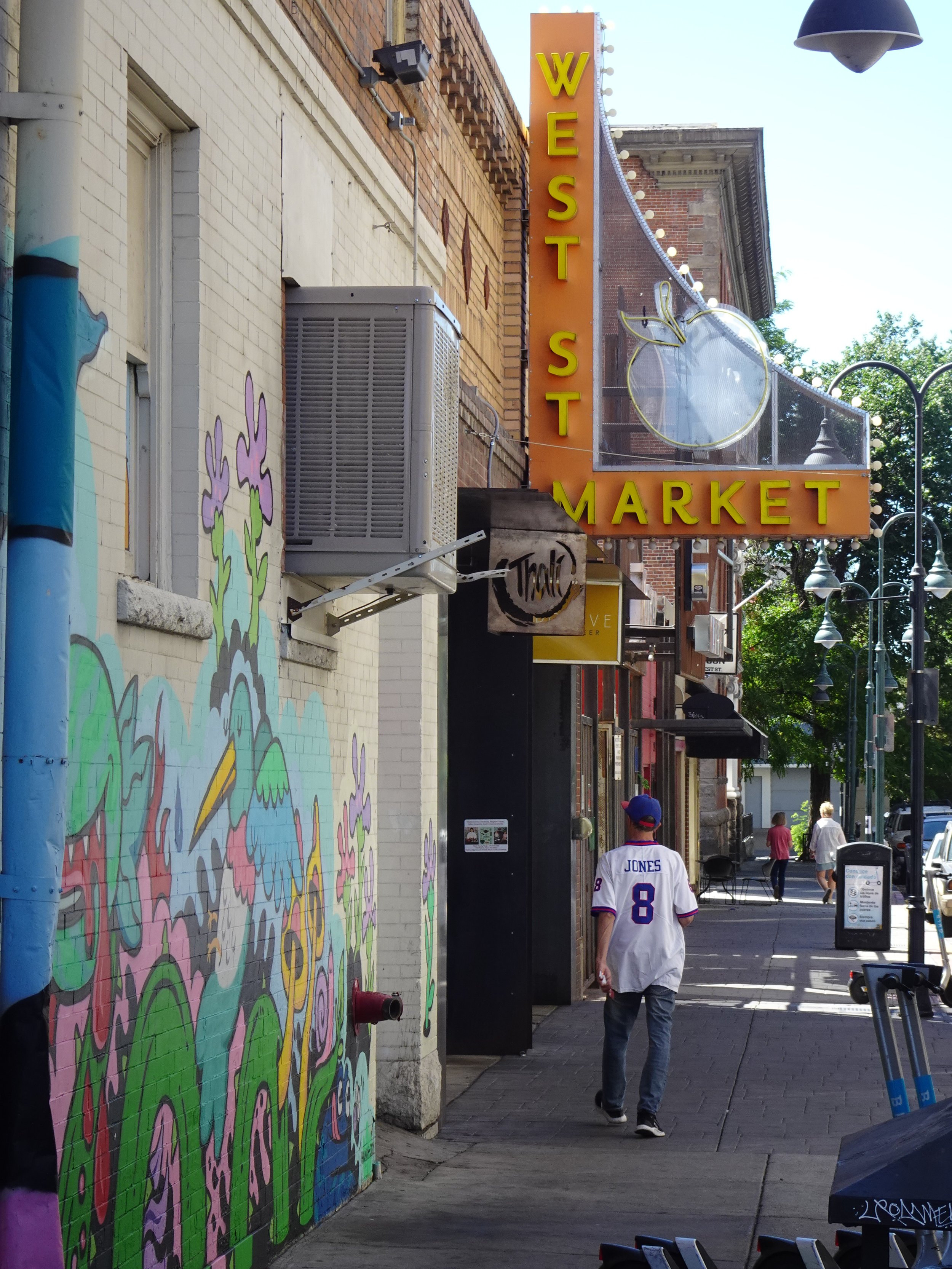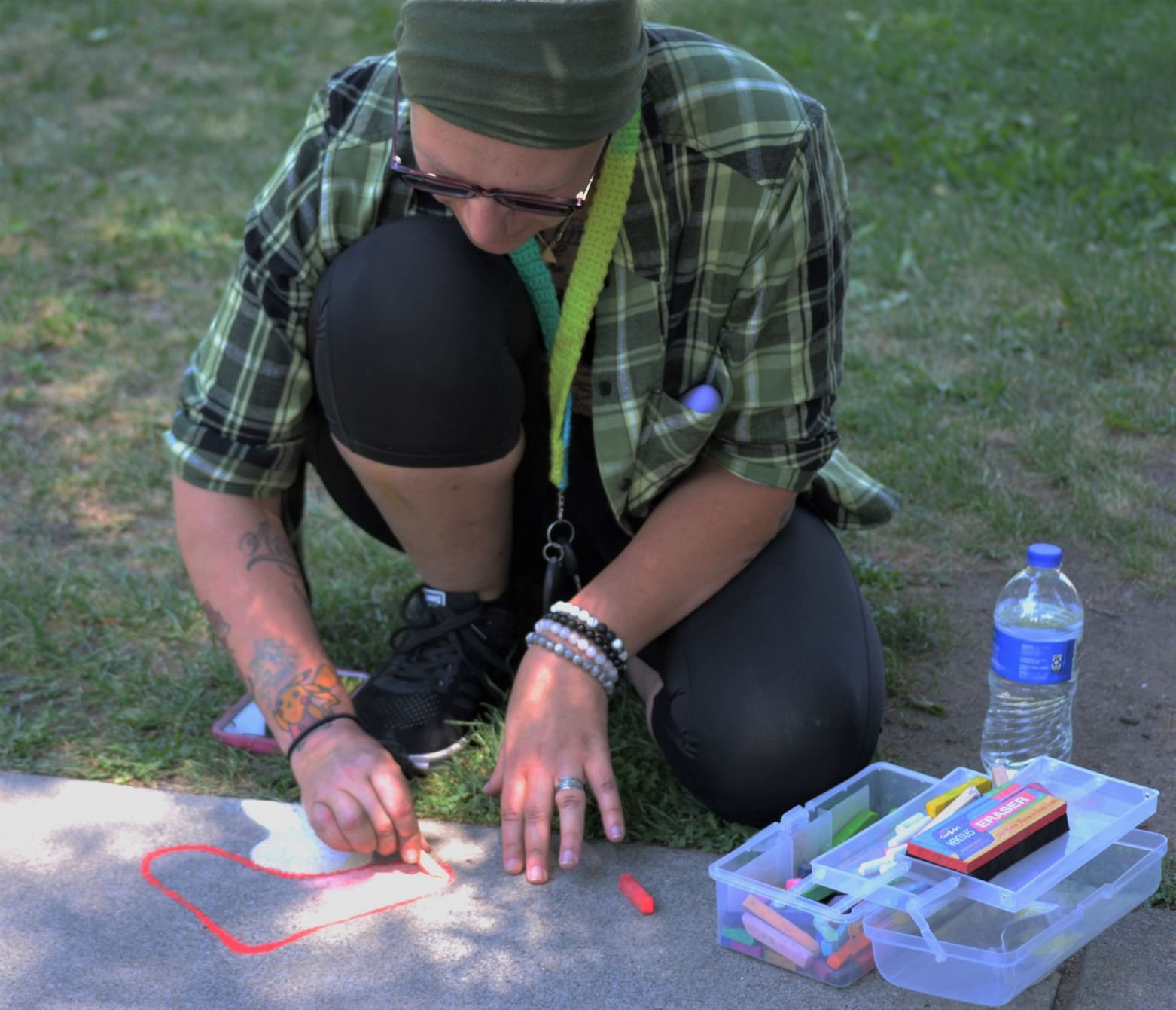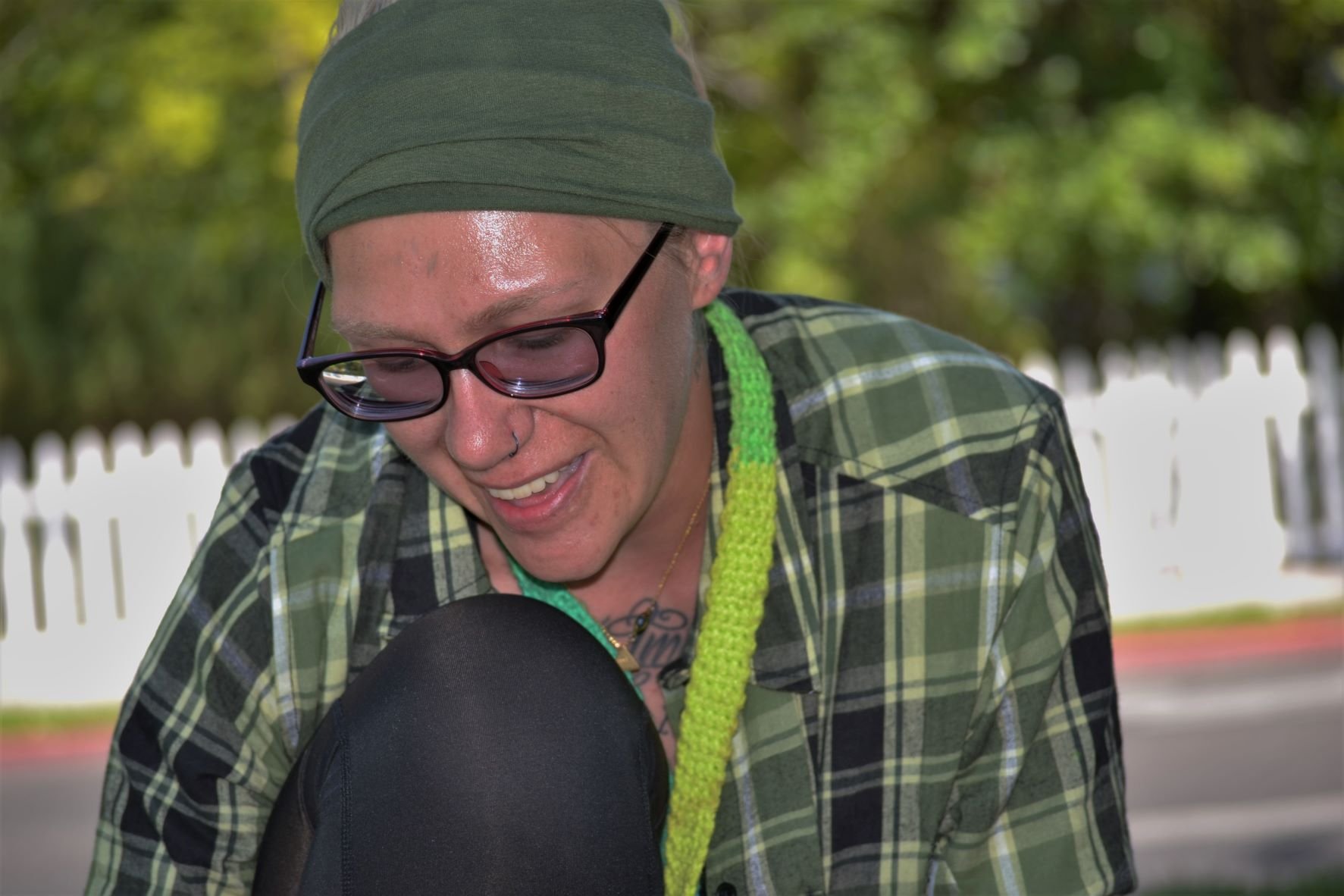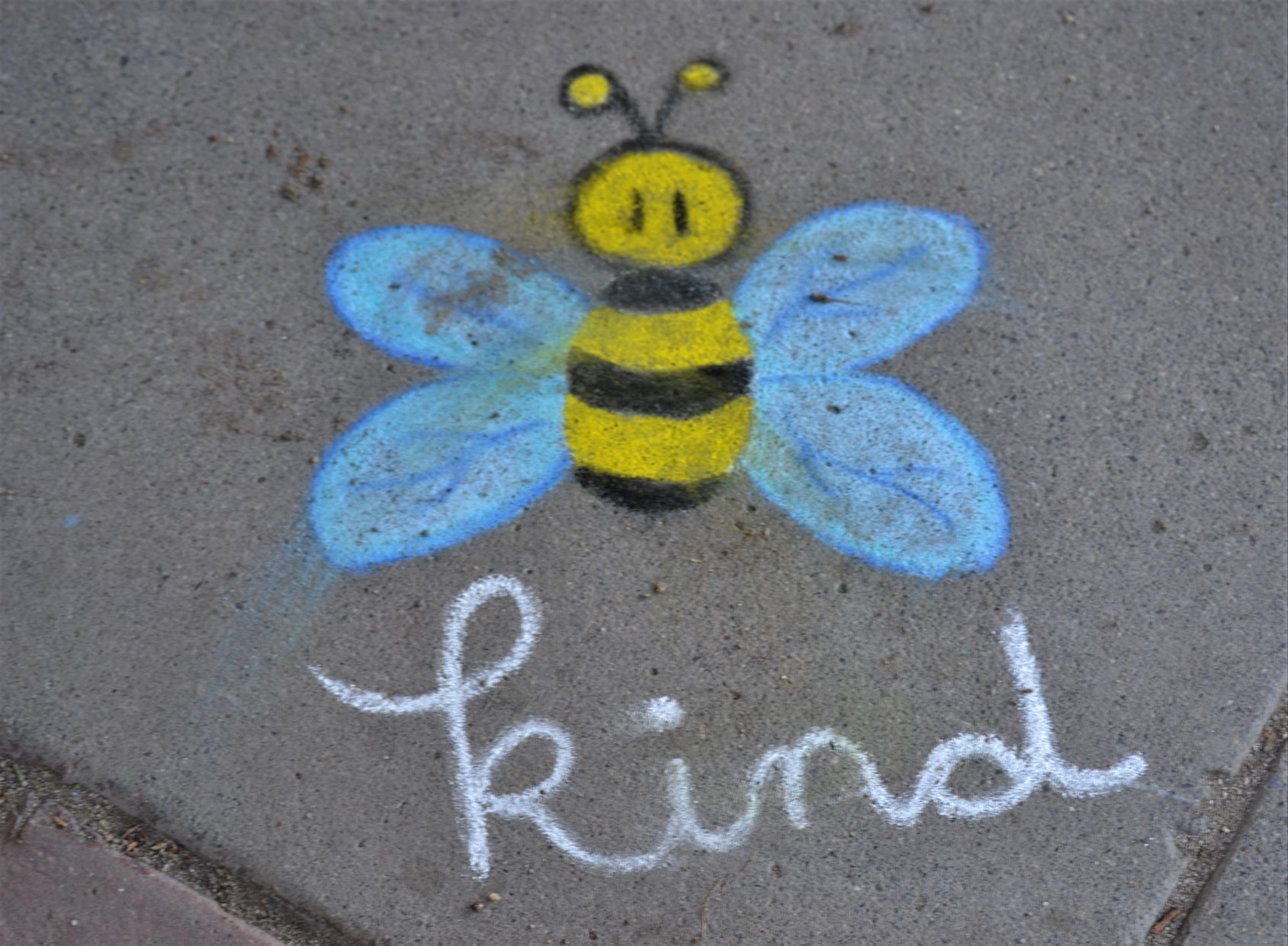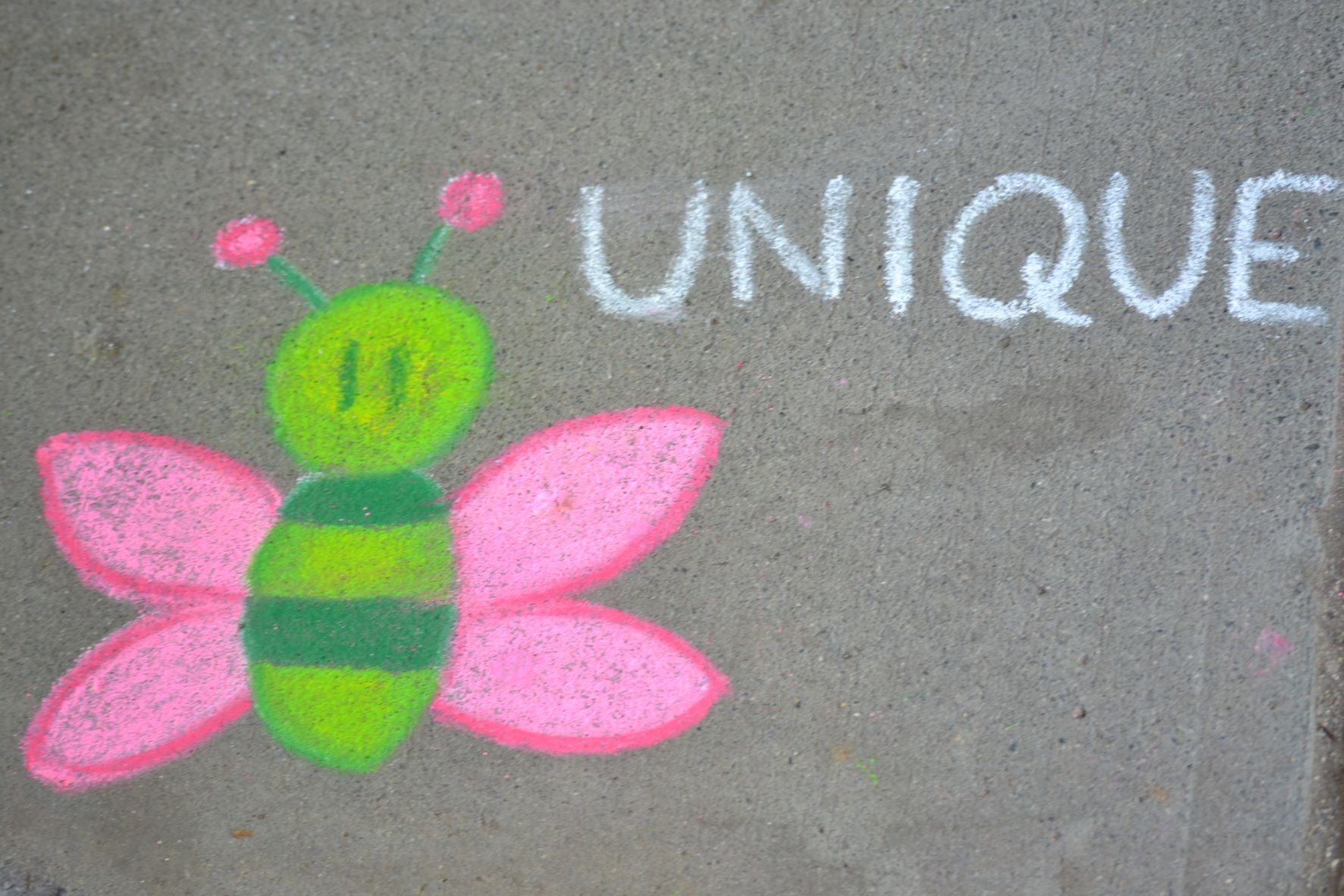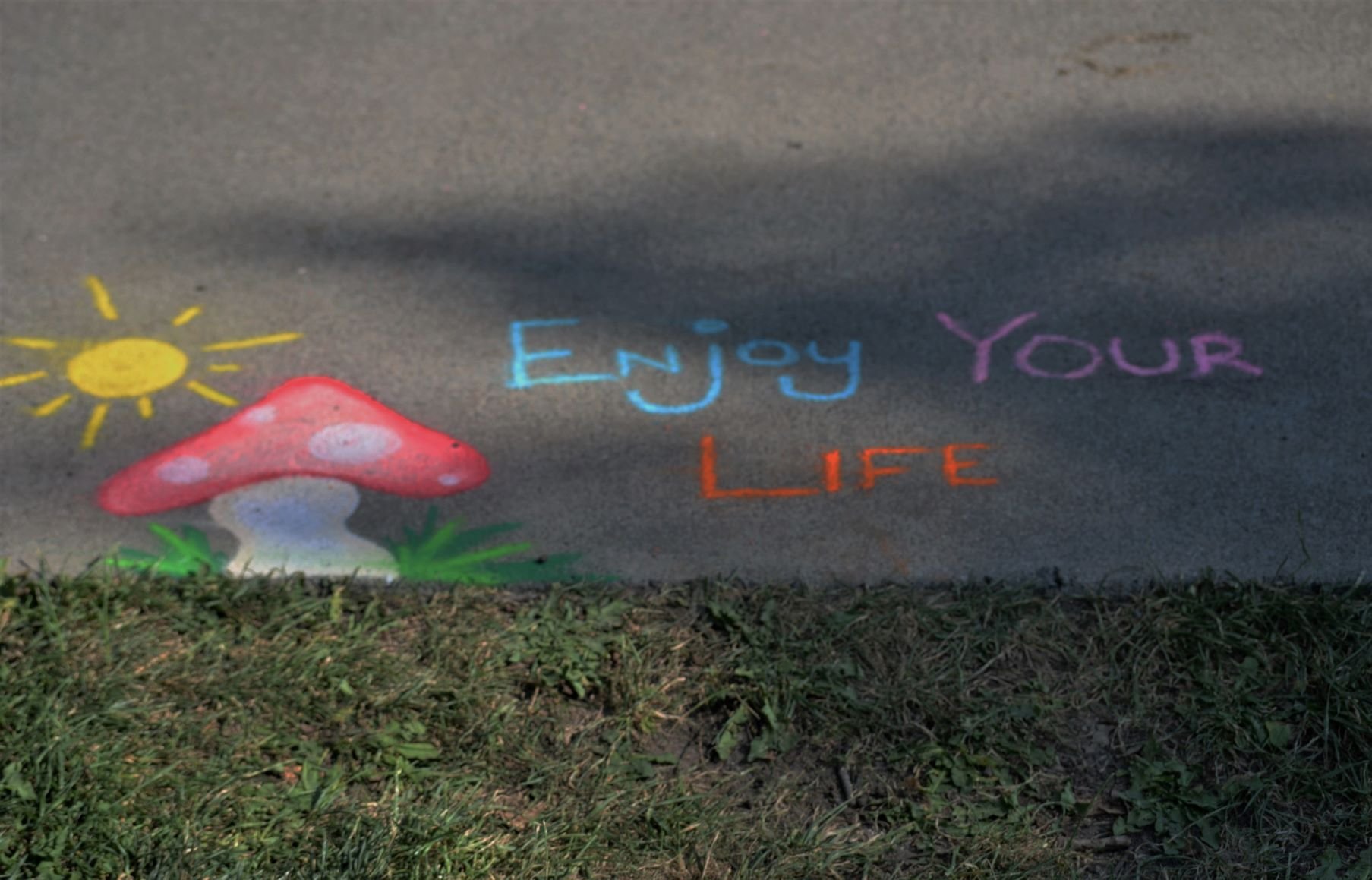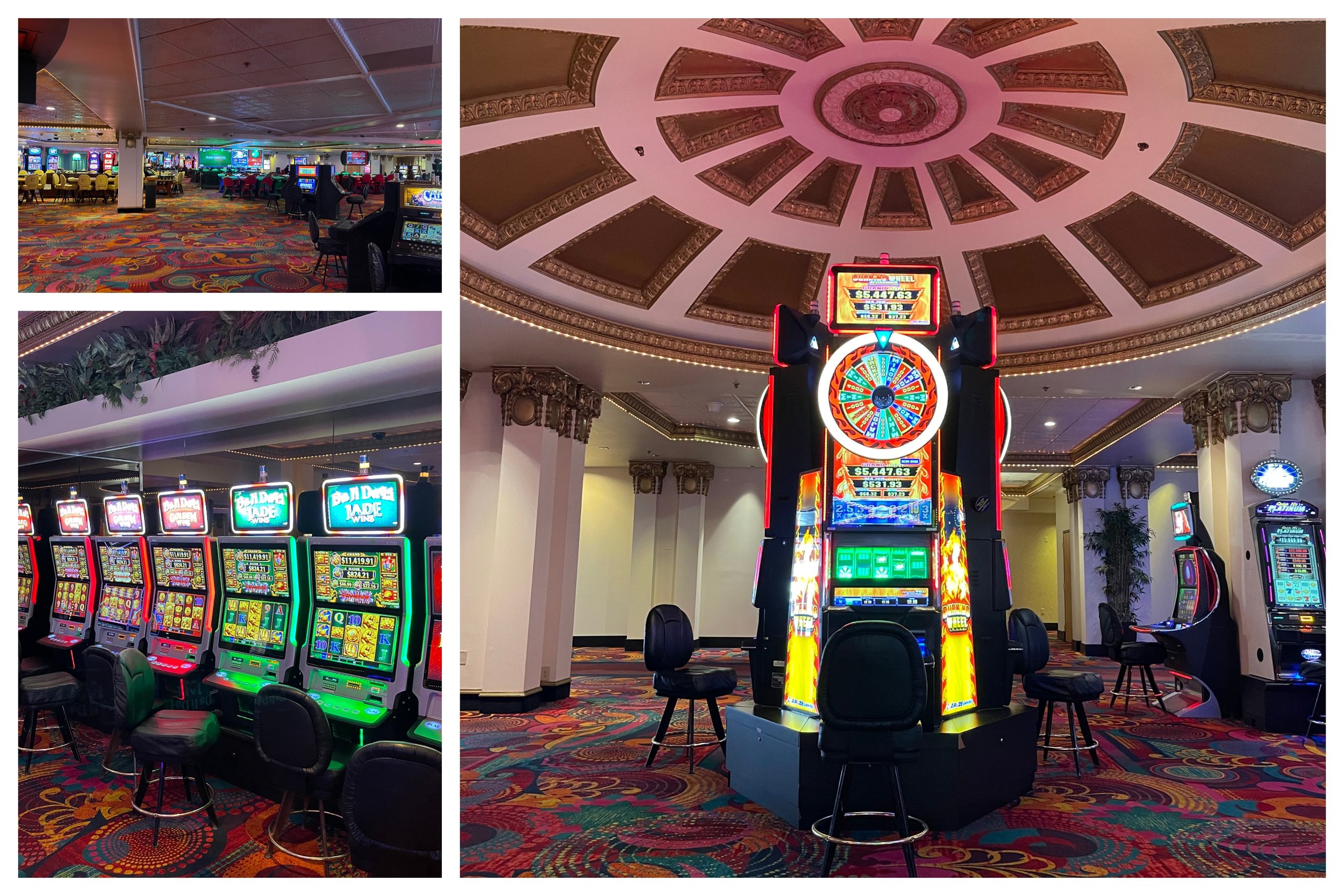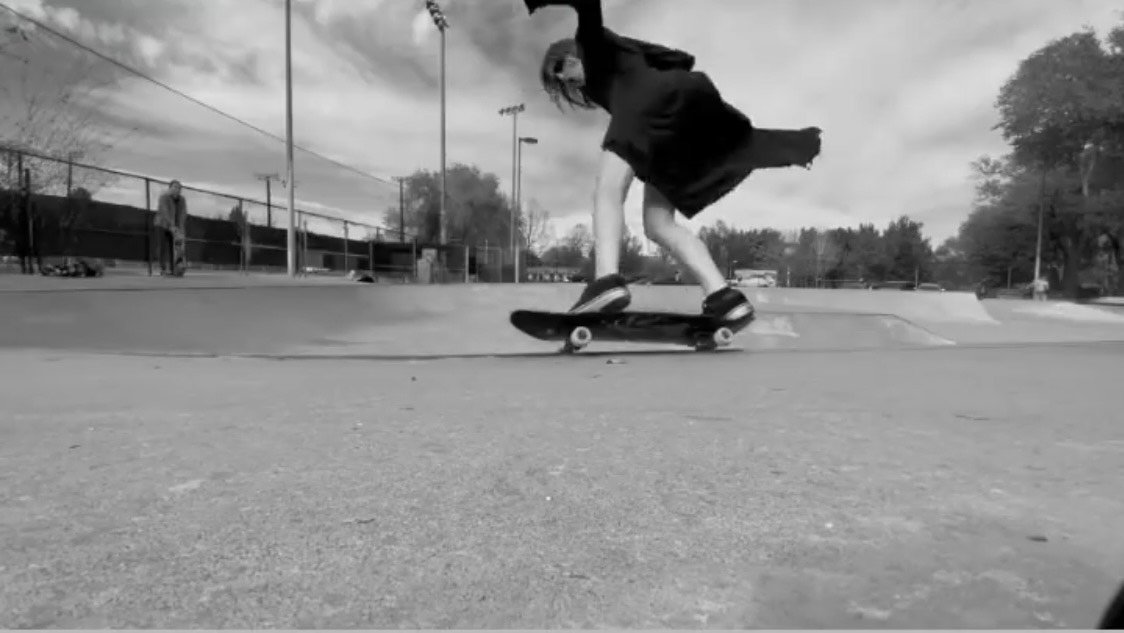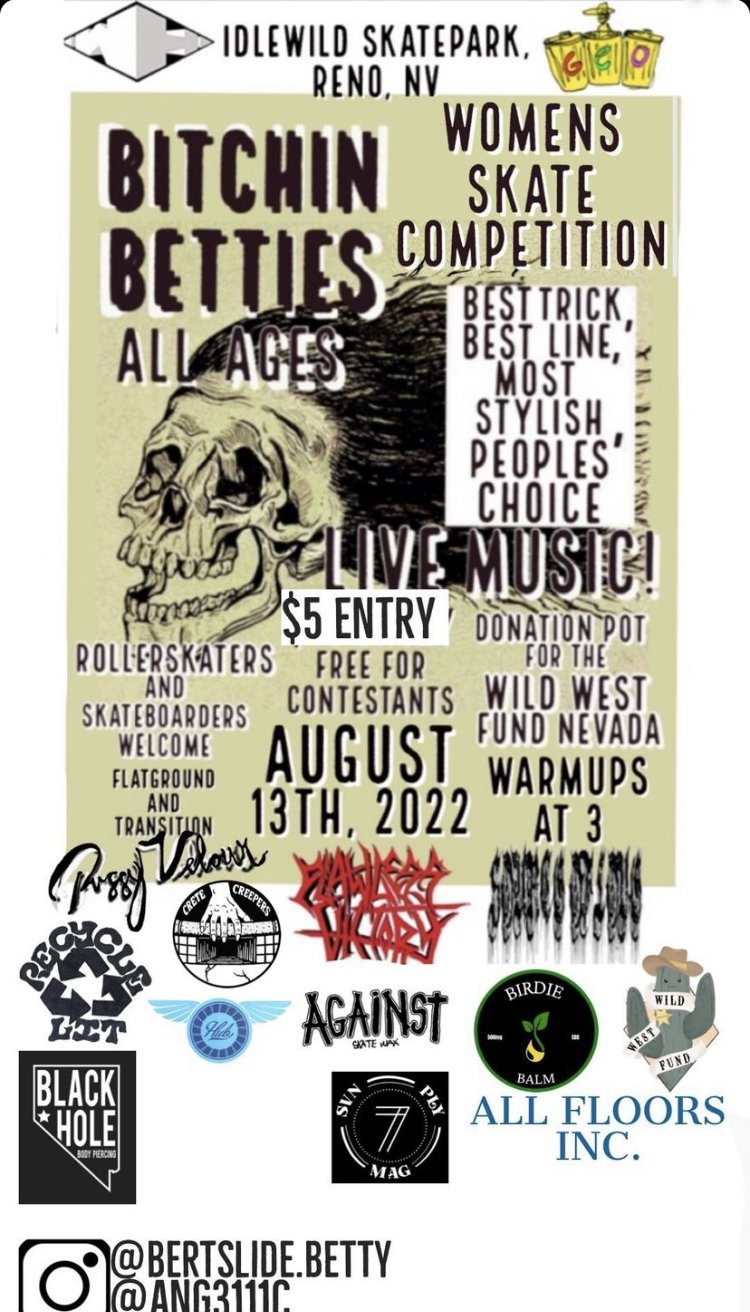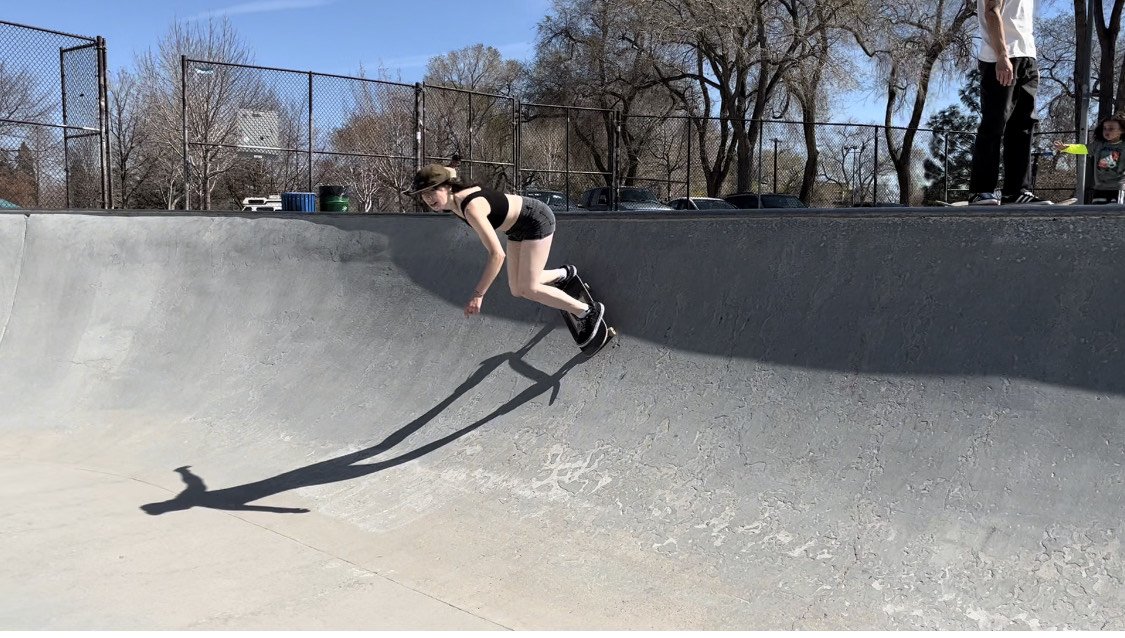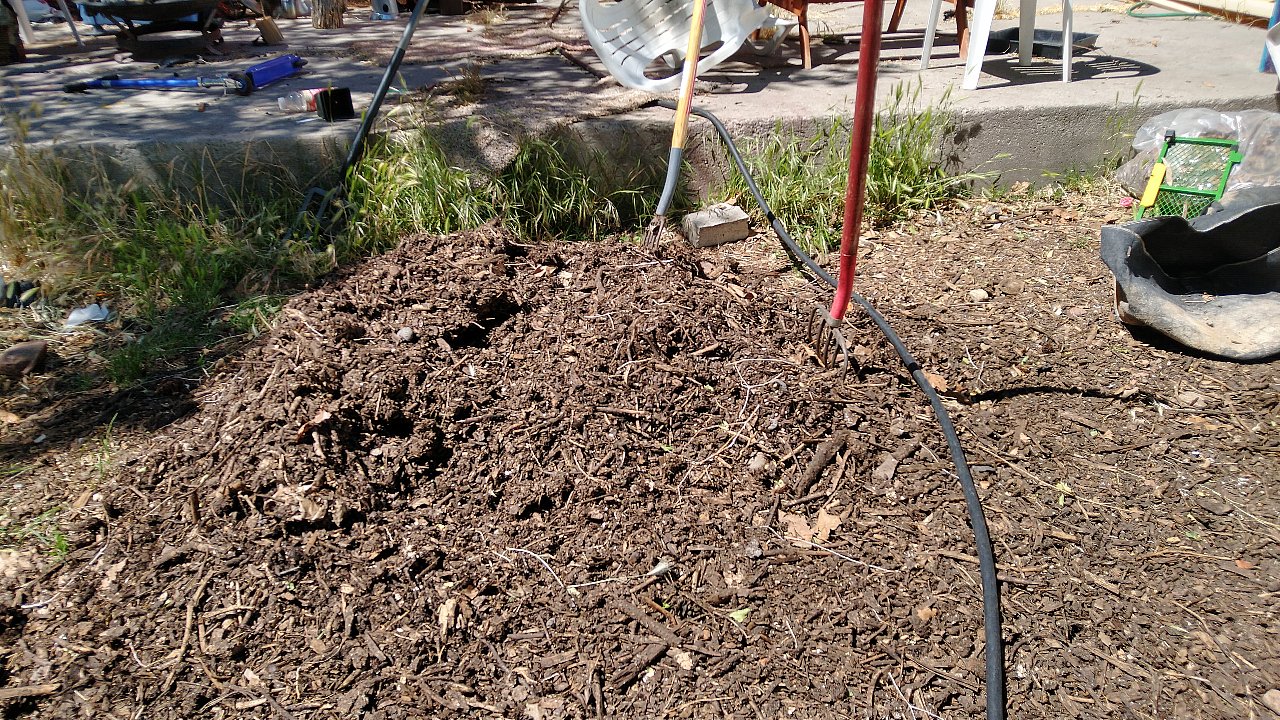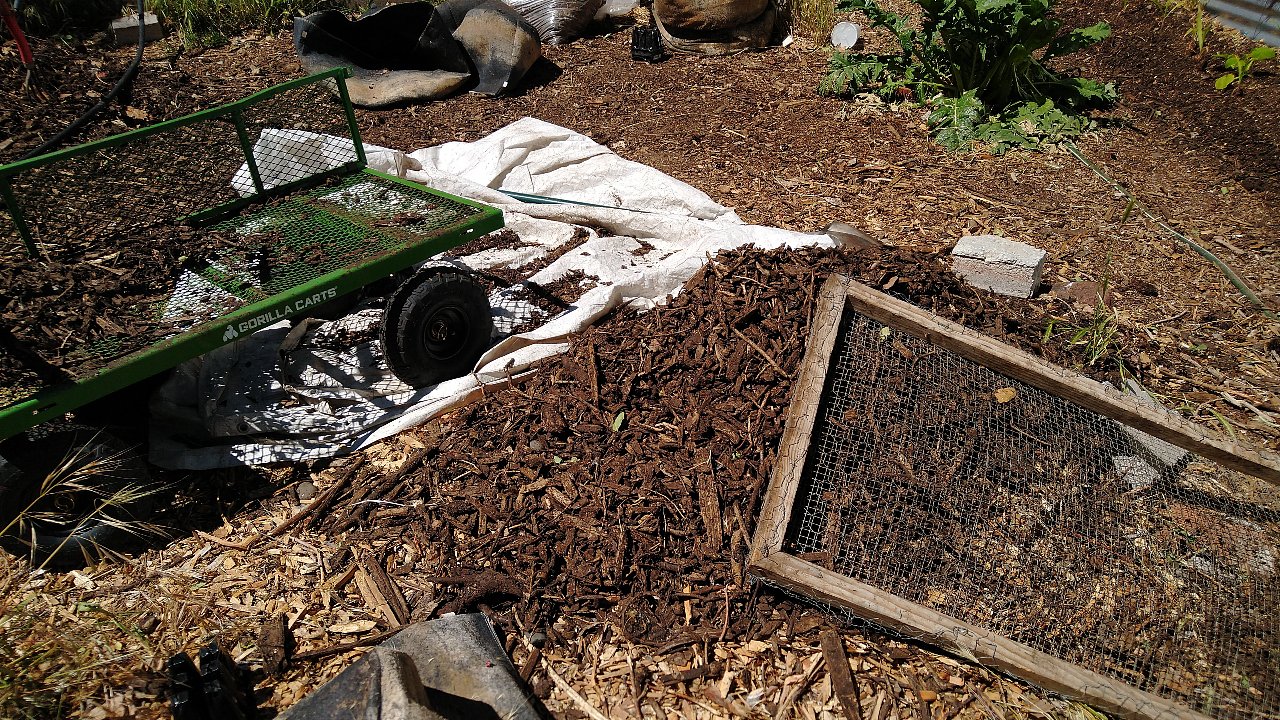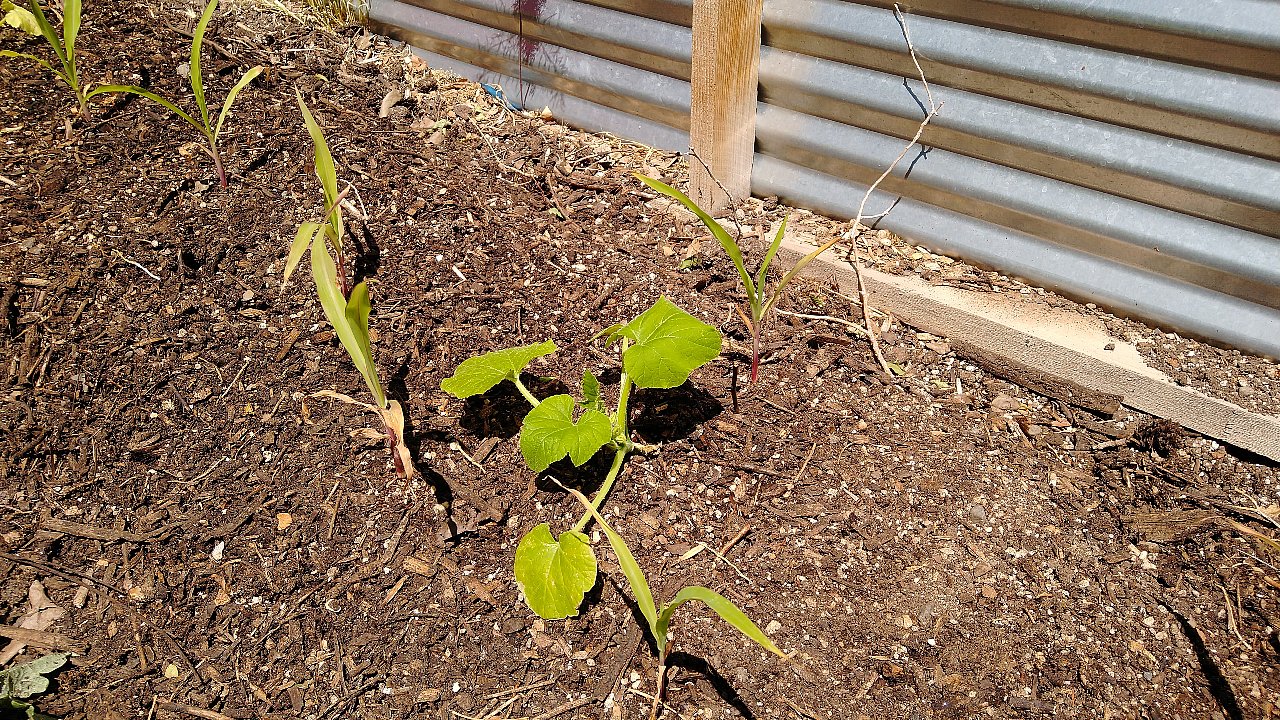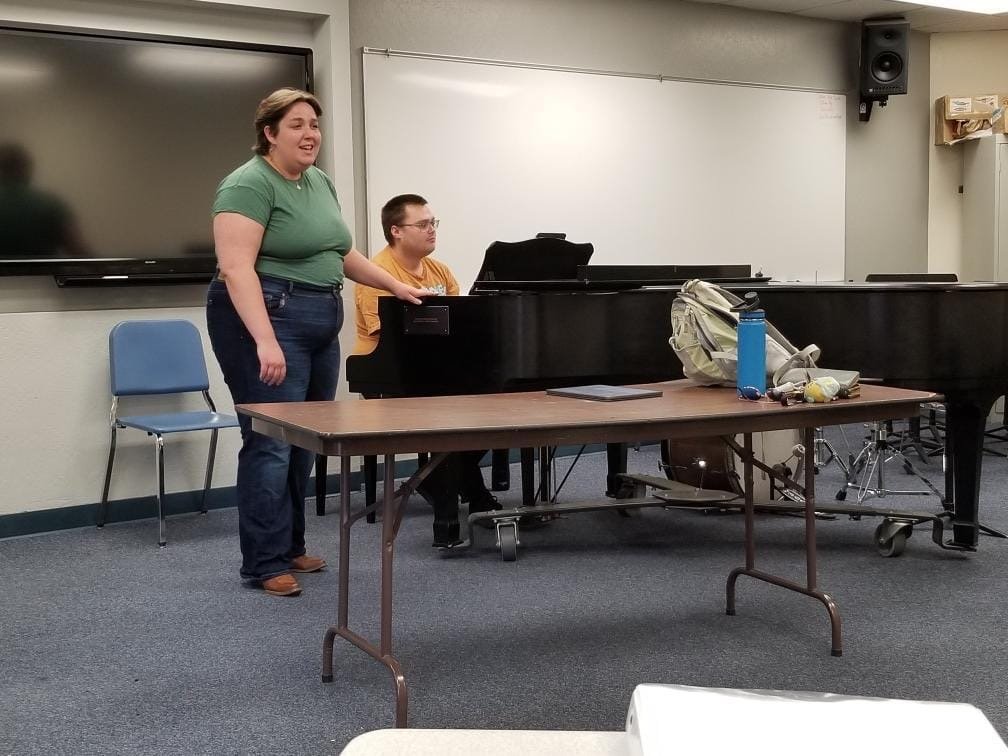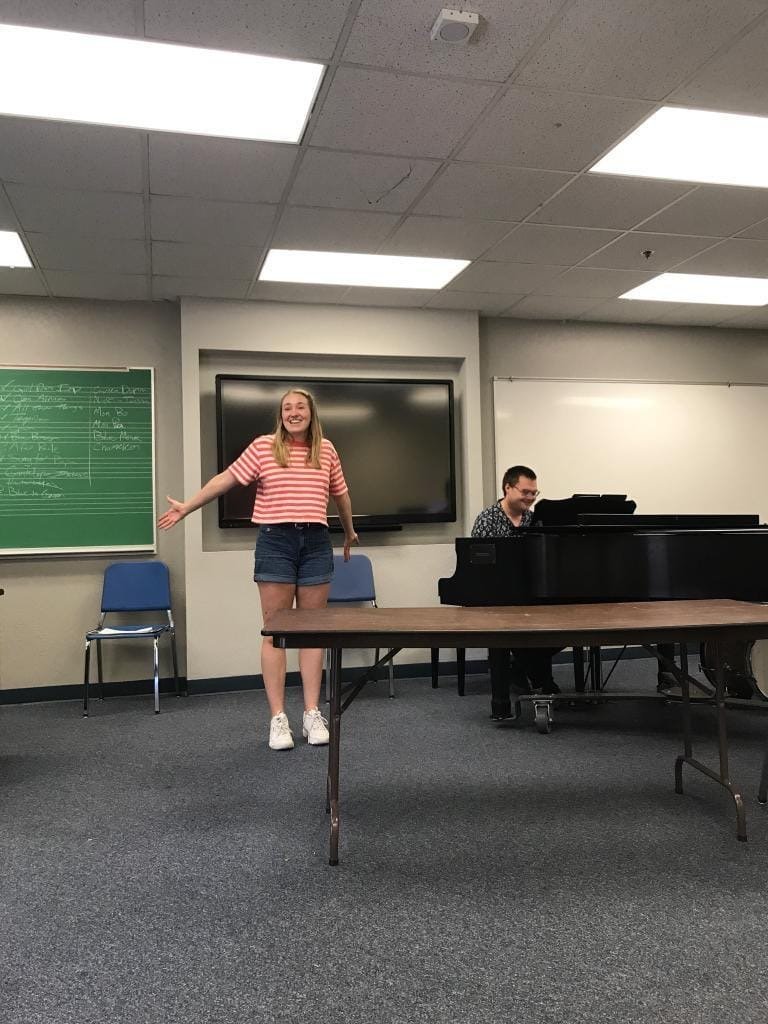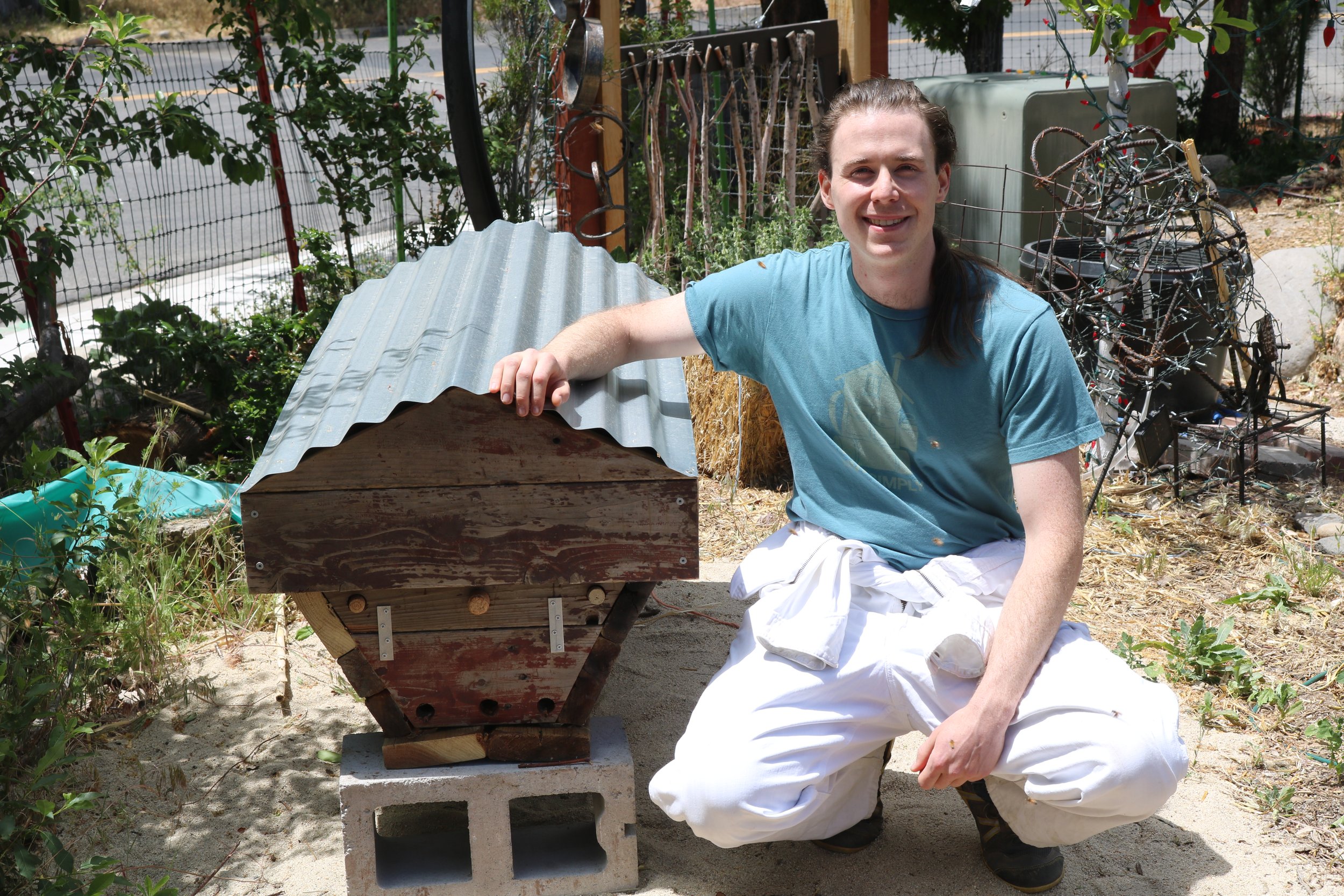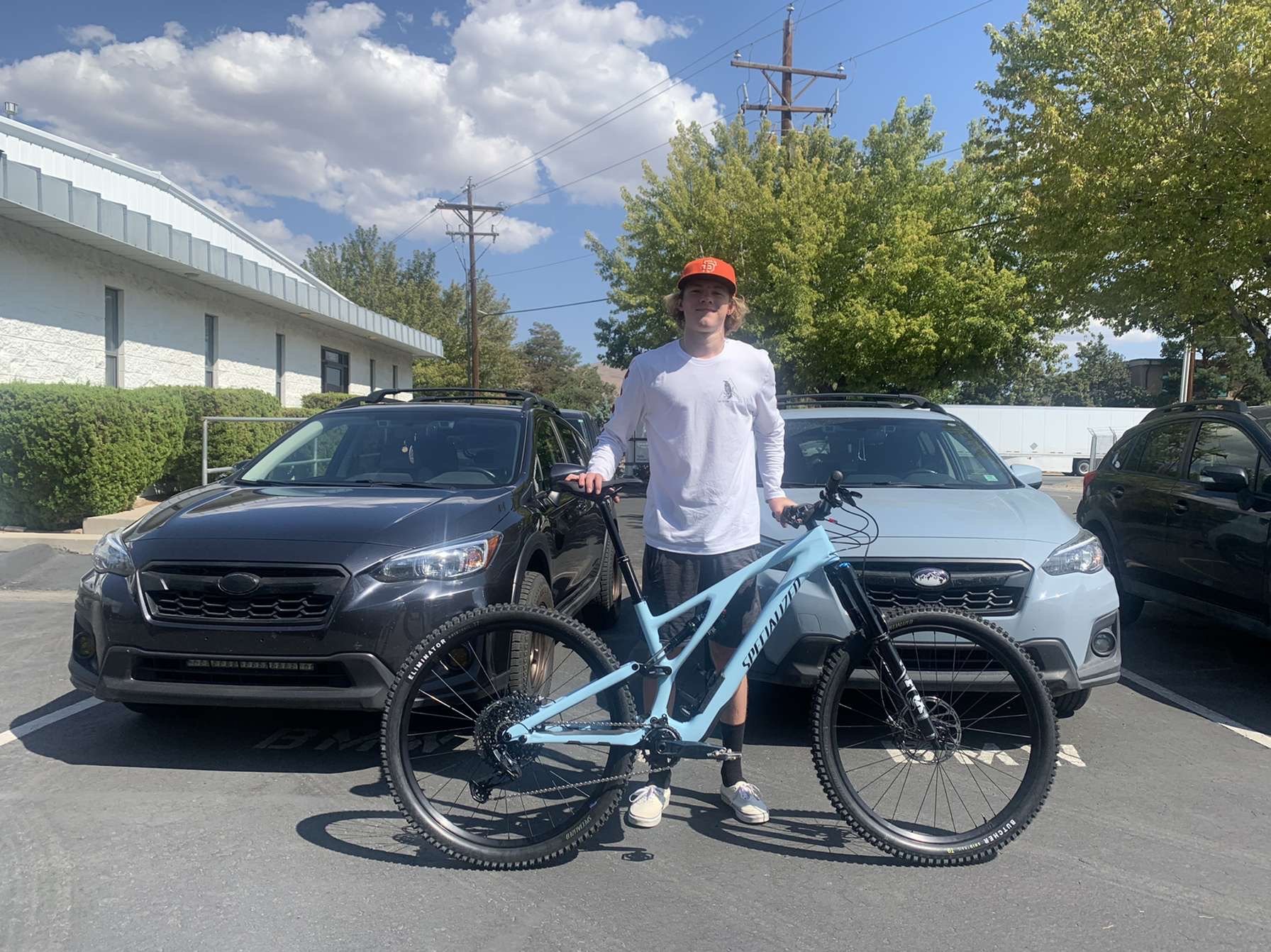The Silver State’s first NASA Astro camp took place at the University of Nevada, Reno’s Robotics Innevation Center’s K-12 Robotics Center last week, spearheaded by VoluntYou, a locally created platform bringing volunteers, NGOs, and schools together.
The summer camp, sponsored by and borrowing curriculum from the titular NASA, focused on the Artemis program to explore the moon. Some activities included designing stabilizing fins for rockets, a heat shield or a crew module for astronauts.
“All of this material is aligned with next-generation science standards and ties back to common core topics,” Julianna Schneider, the Founder and CEO at VoluntYou, said. “All of that information is provided as part of the curriculum and each step that we go through ties to that. All the skills that we teach will become useful to the kids at some point in their development, and we tend to try and tie what they learned here to what they’ve learned at school.”
VoluntYou works to help community members fulfill their ideas while matching volunteers with opportunities. Other projects outside of the NASA Astro camp include working with the Reno Burrito Project, administrative and recording duties of providing COVID-19 vaccines in Italy and working with a group to facilitate donations to the citizens of Ukraine. In the case of the NASA Astro camp, that’s working with a young robotics team to help organize the red tape behind a summer camp.
“We aim to be flexible in the way that we do things while maintaining high quality standards, and I think they’re a really great example of how we will help people who may not have a 501c3 or financial backing of that sort to be able to reach into the community,” Schneider said. “We will ensure that all the things that are featured on VoluntYou are of a certain level and a high quality standard.”
Every camp receives a similar, standardized curriculum across the country, but this NASA Astro camp was the first for the state of Nevada. Schneider said other organizations will integrate the NASA Astro Camp into summer camps that have been established or other similar opportunities.
“Museums that run day-long or week-long camps for kids sometimes will embed NASA as after camp activities in their programming,” Schneider said. “It is variable in that sense of how you might see and manifest itself, but the curriculum is standardized and that's how it can actually tie to school standards.”
VoluntYou, started in Reno, aims to become an international organization. It has over 20 so-called Ambassadors from Ukraine to Italy and Cambodia. Schneider, an Albanian native herself, said that these Ambassadors help communities around the world turn the ideas they have into tangible action.
“Our ambassador team helps local communities build capability to hold community service events,” Schneider said. “They tend to be very involved in things like national honor society and 501 c3s. They use that knowledge along with the knowledge gained through being part of volunteering to advise groups that are looking to become community service organizations. That enables organizations that might have not been able to really get off the ground to do that through the help of our ambassadors and then the full suite of the platform that we provide.”
A U.S Presidential Scholar and aspiring AI researcher Schneider herself already has an impressive resume, with the Davidson Academy where she won multiple awards propelling her to starting her college studies at the Massachusetts Institute of Technology this fall.
Our Town Reno reporting by Jesse Stone

